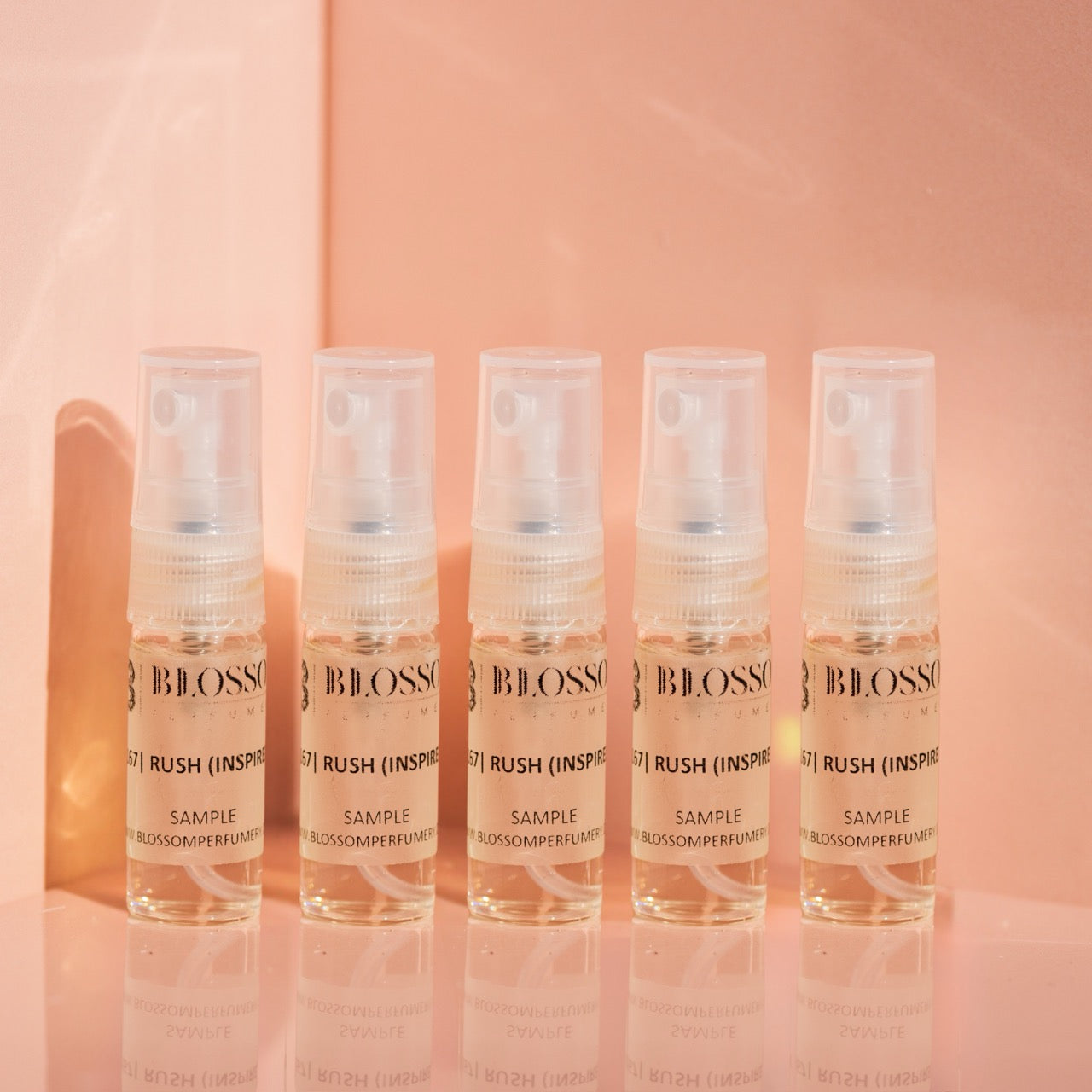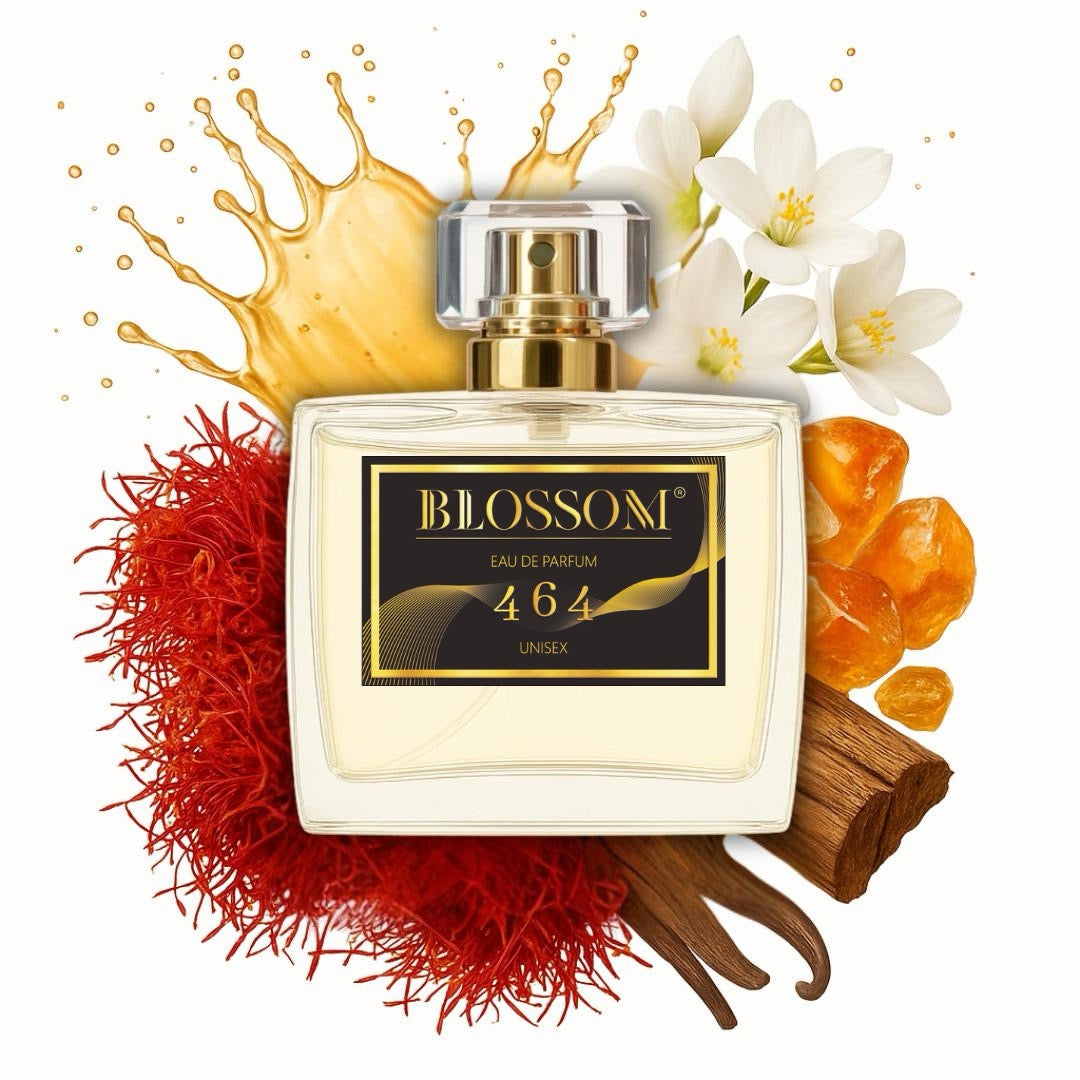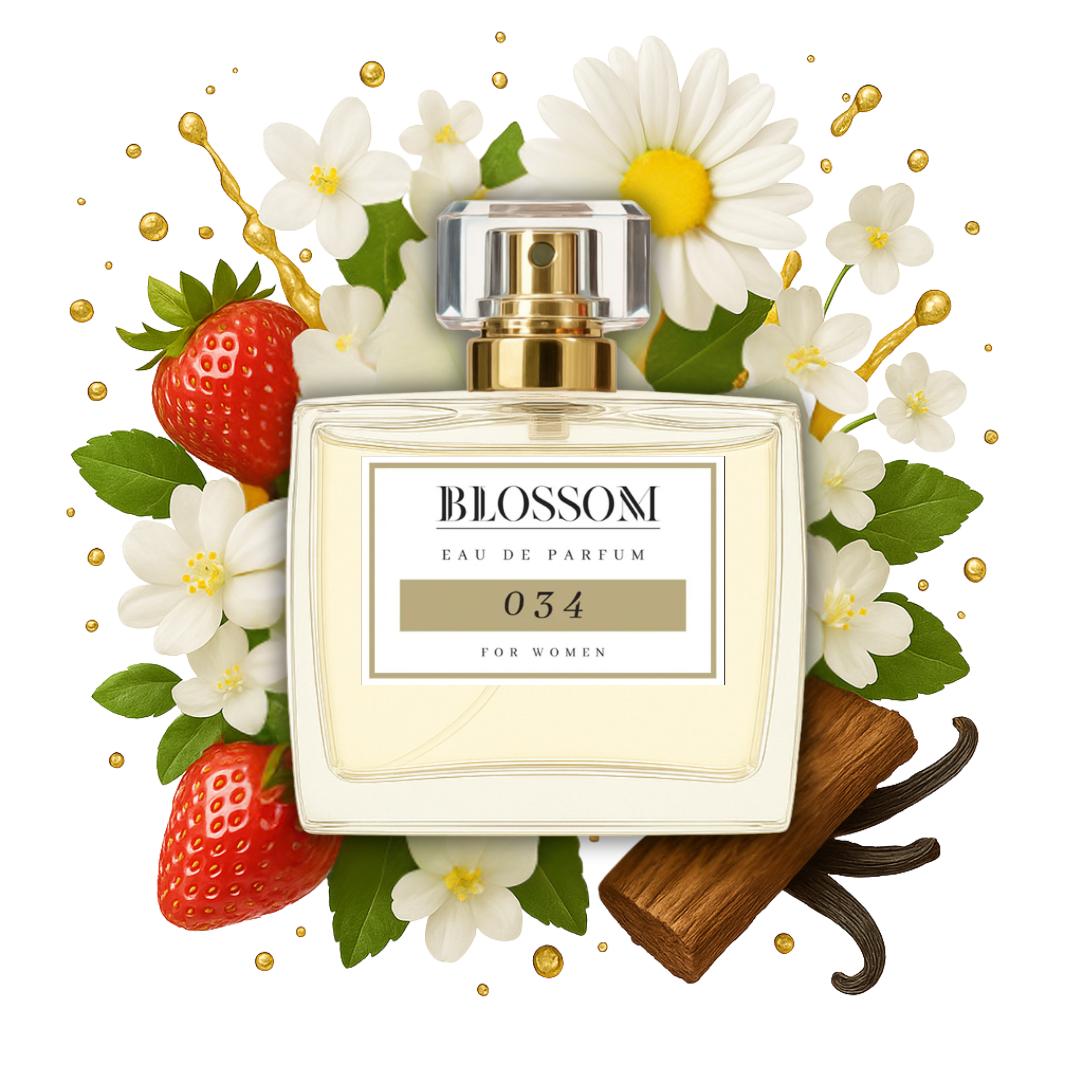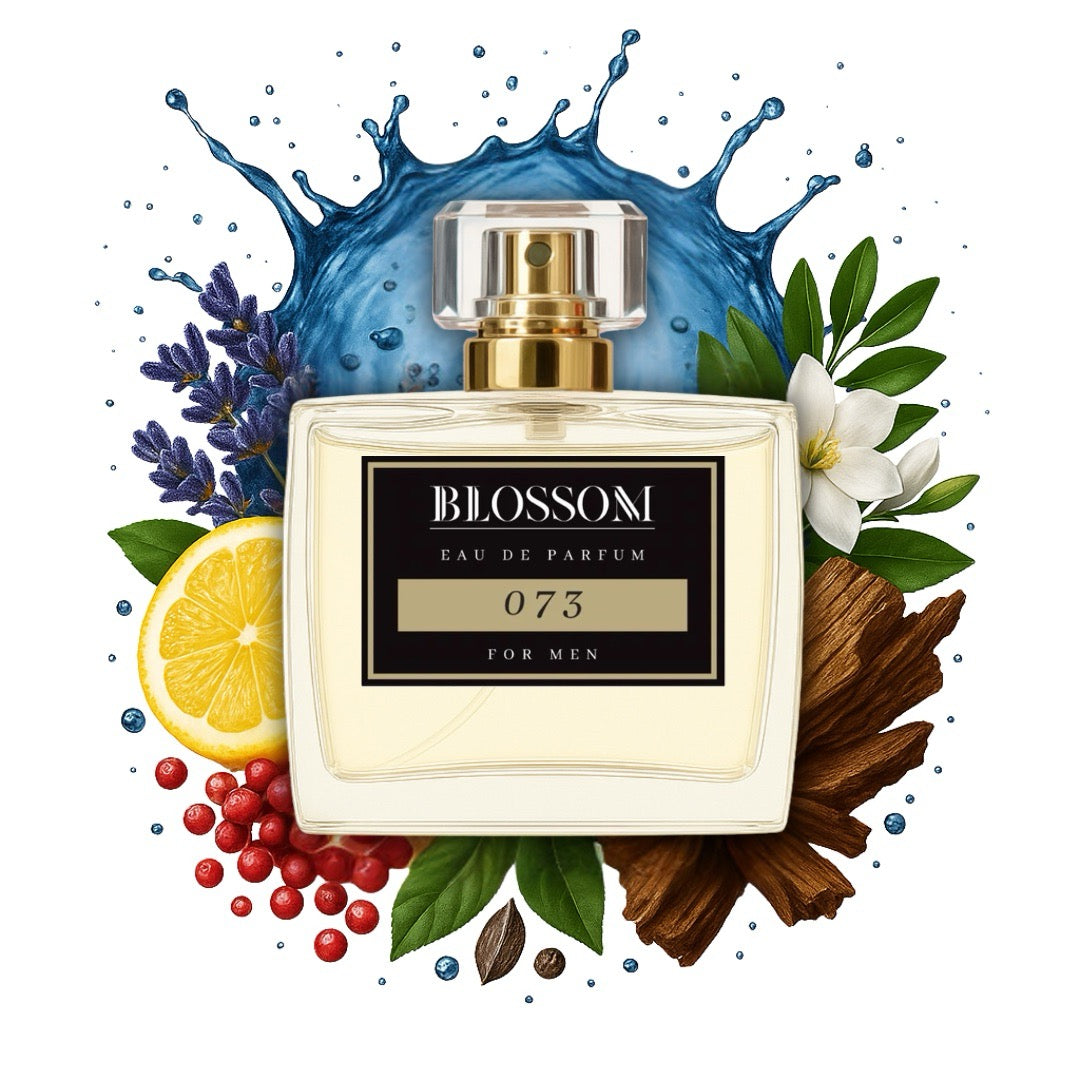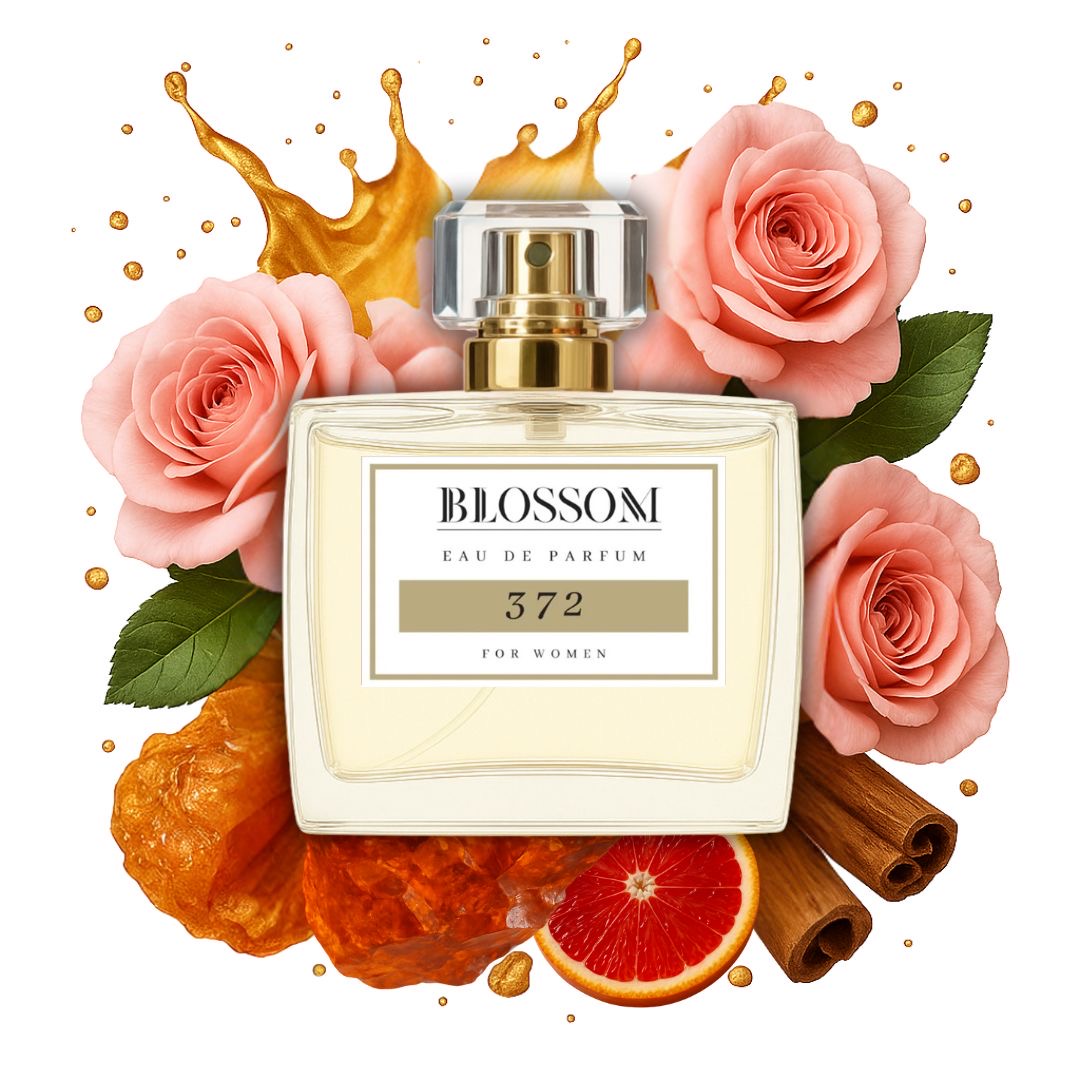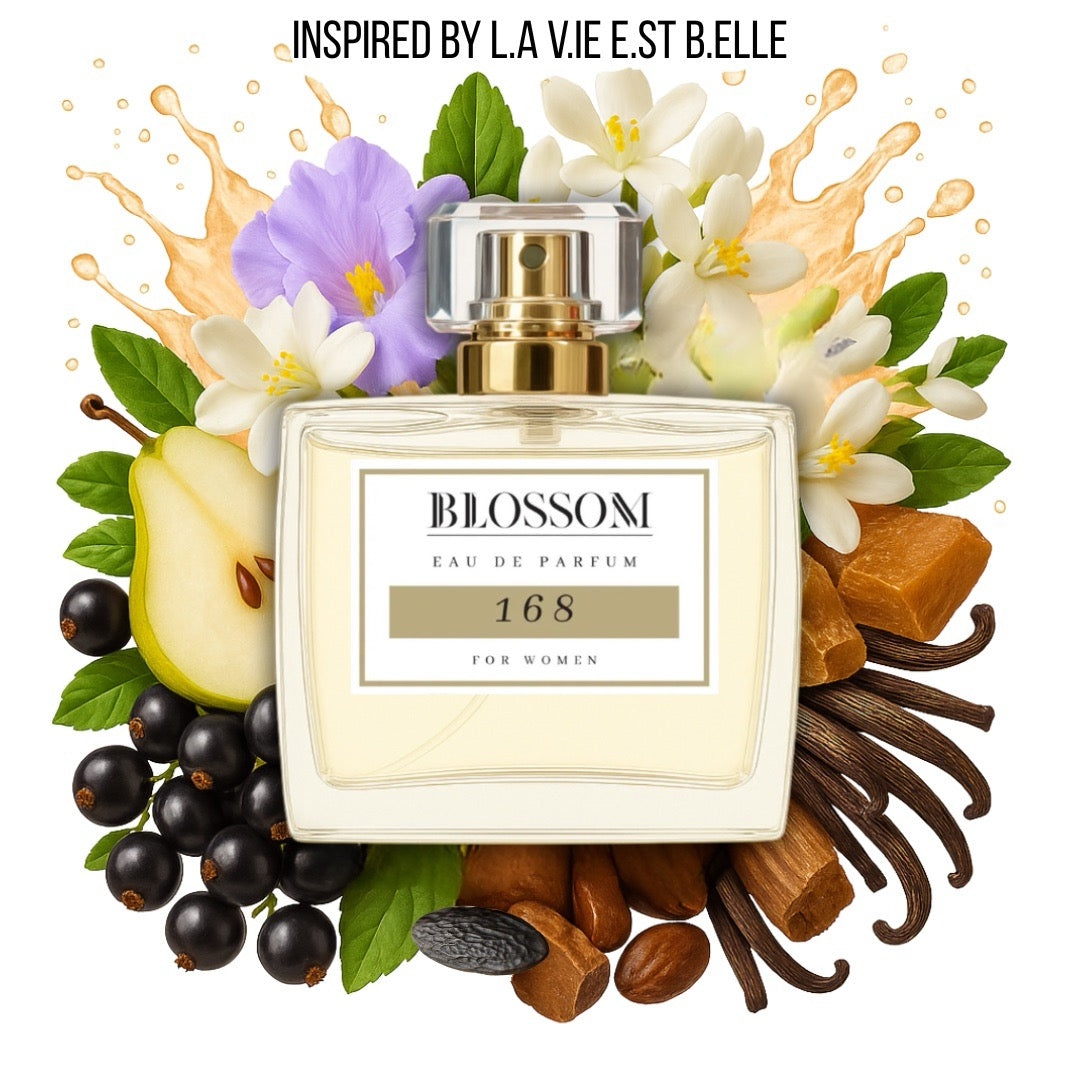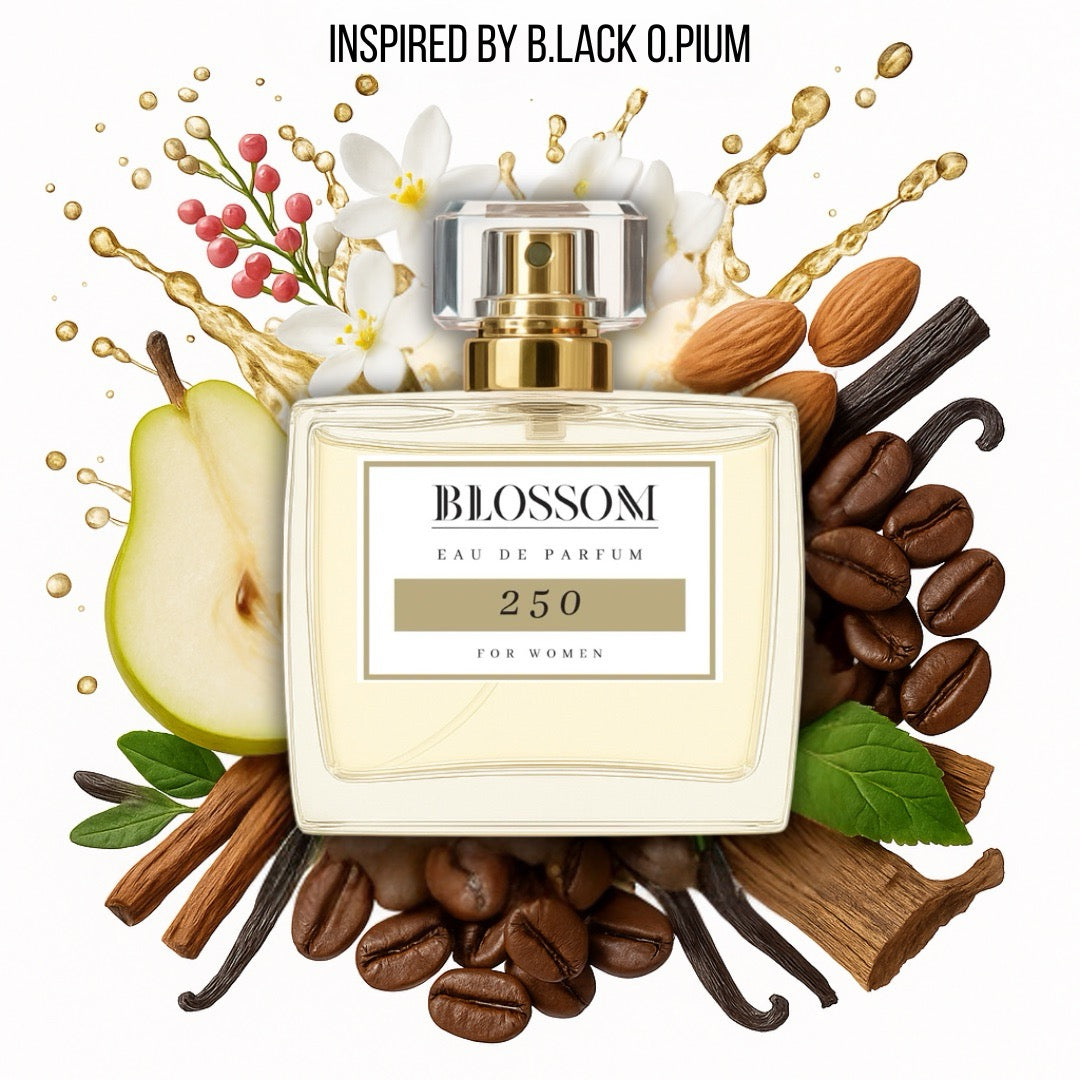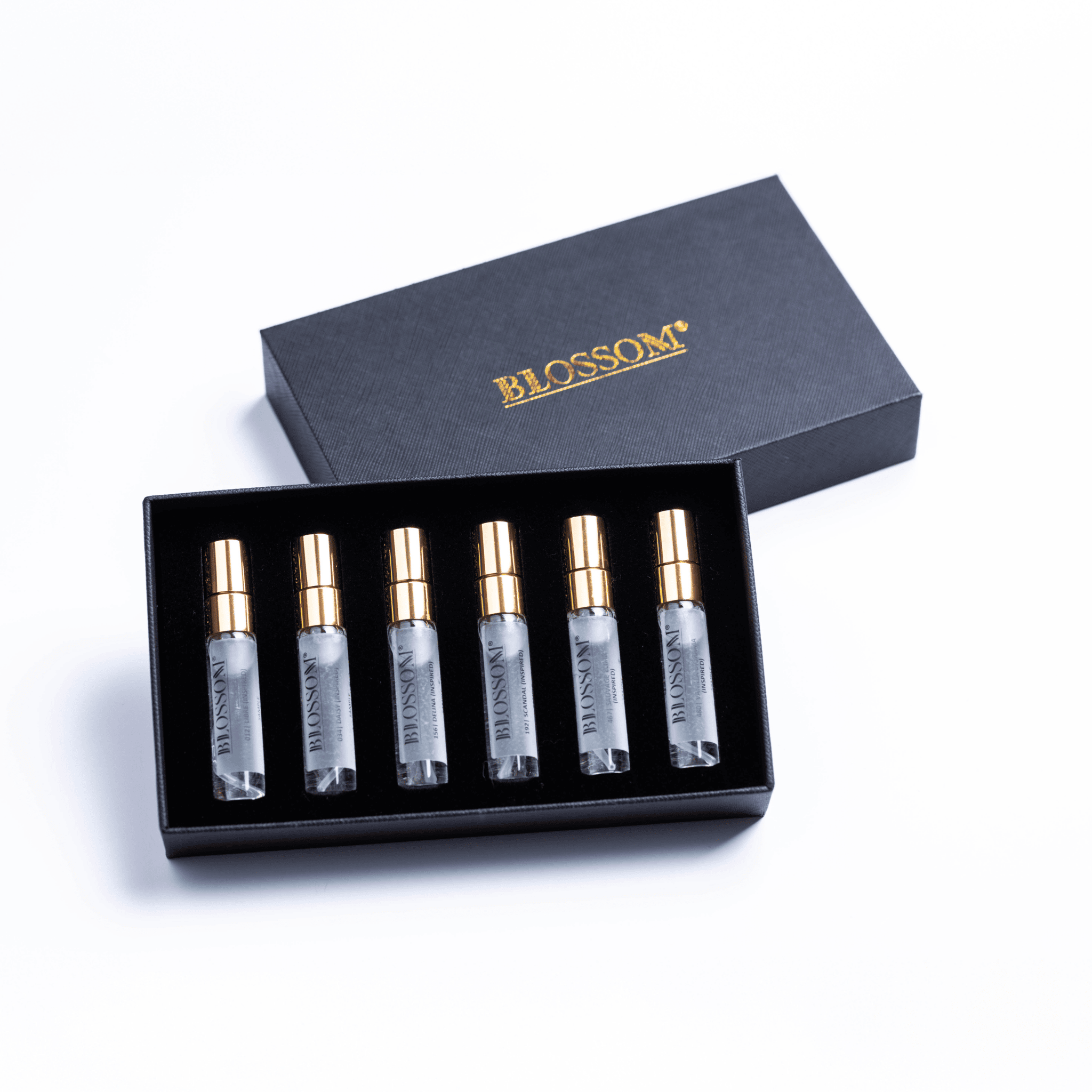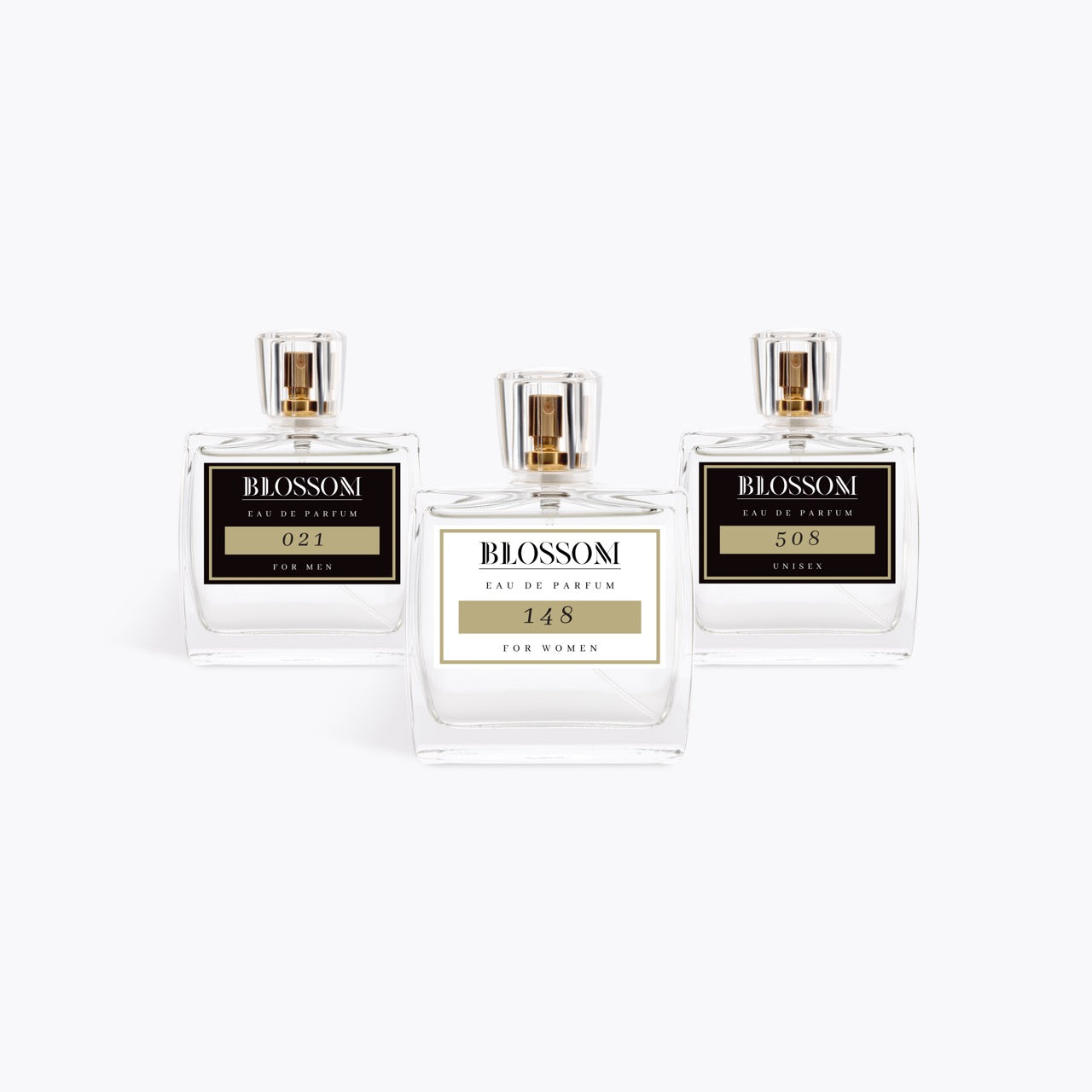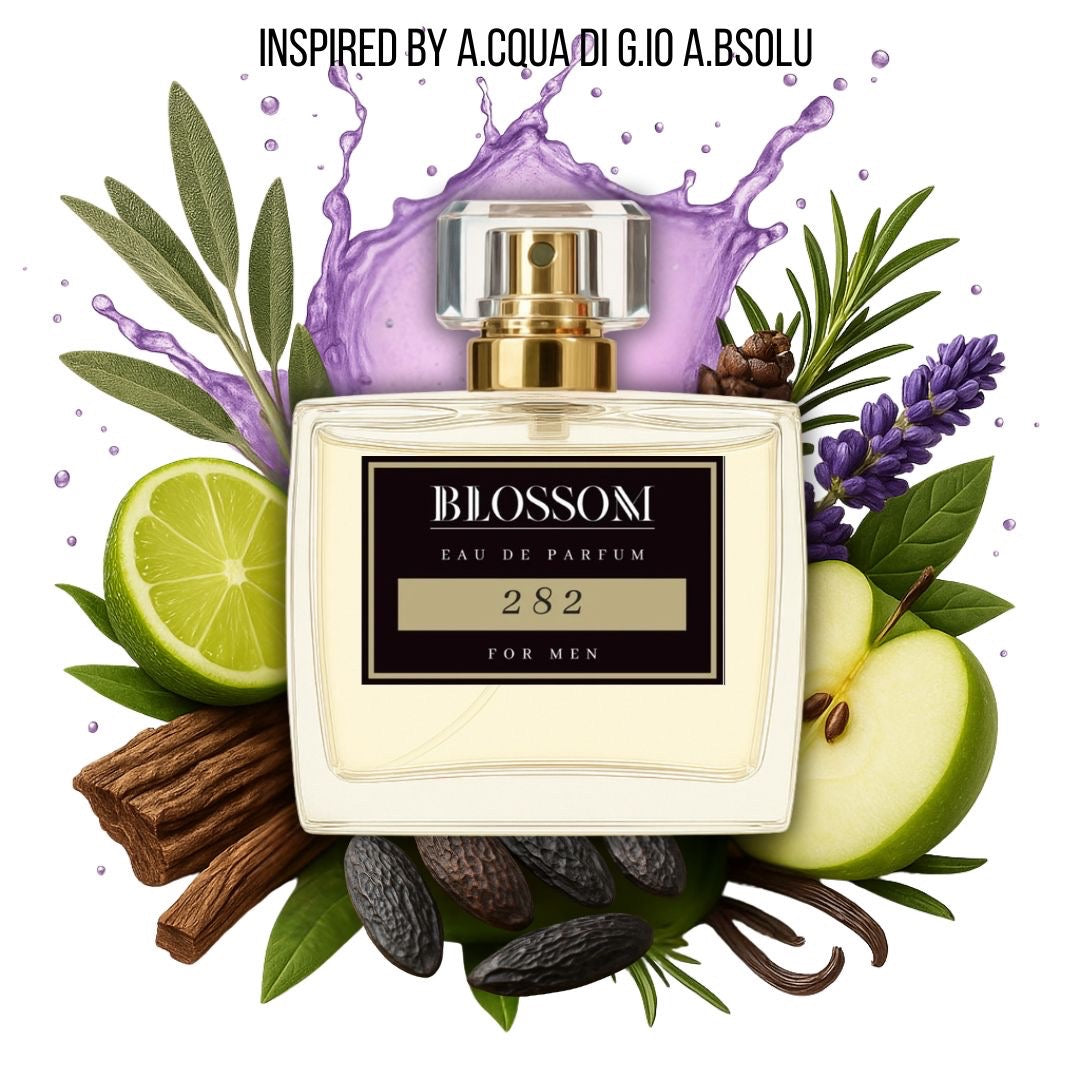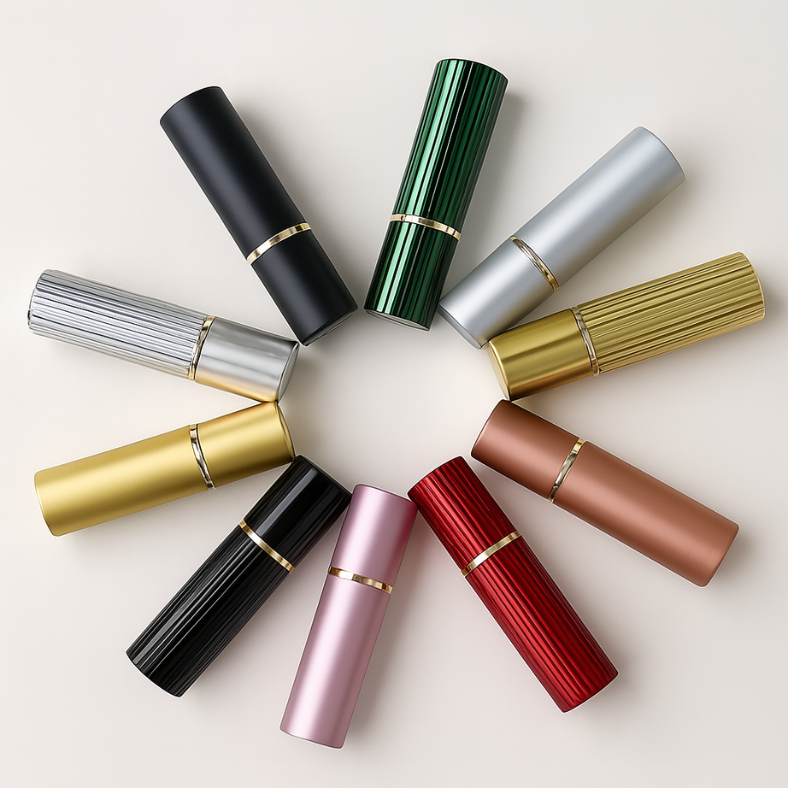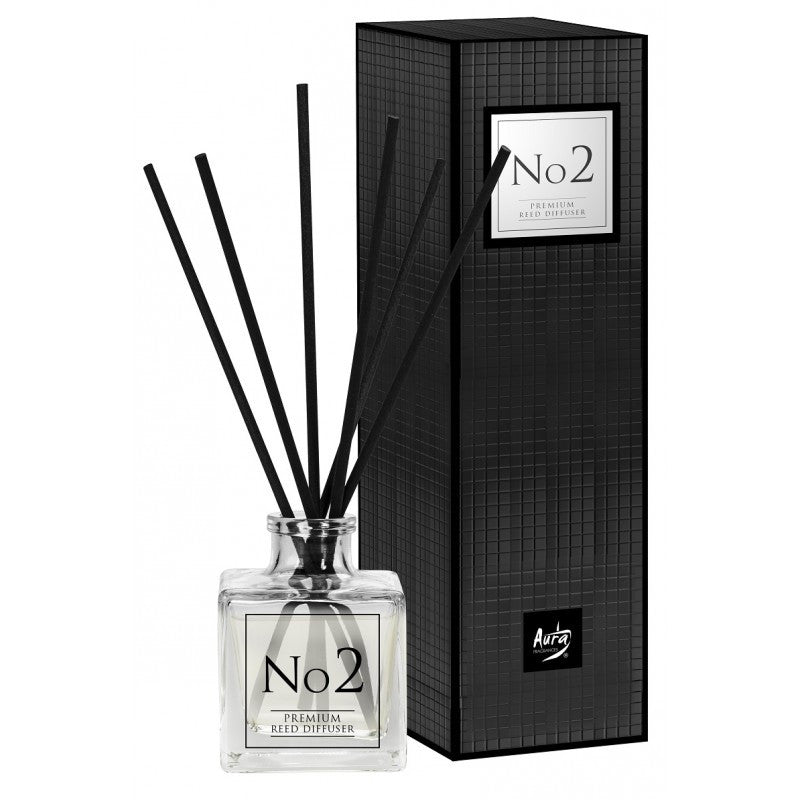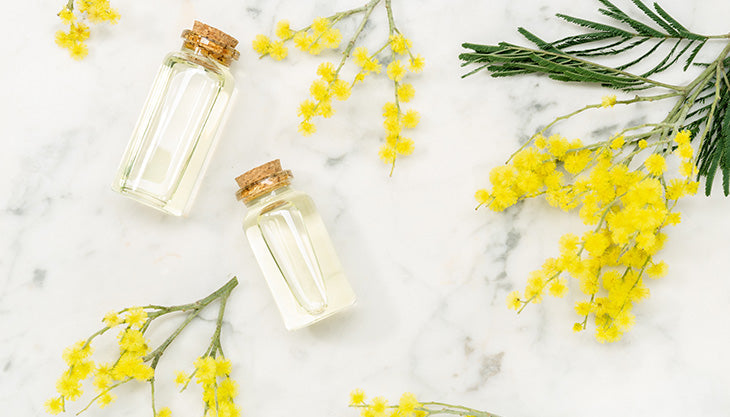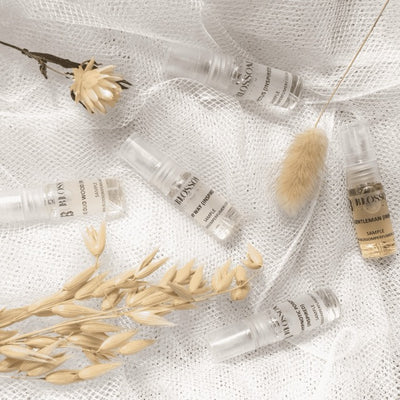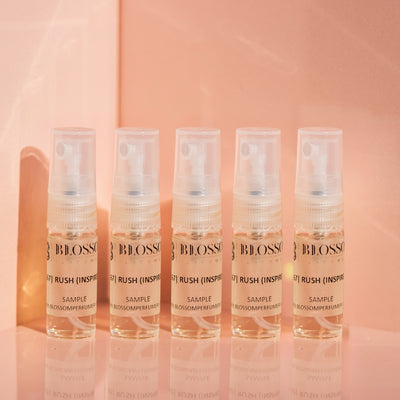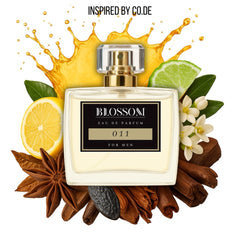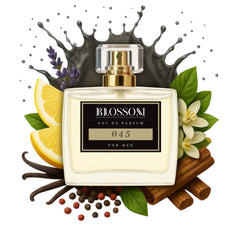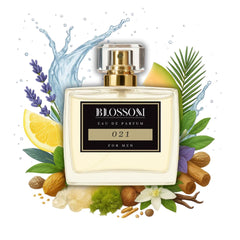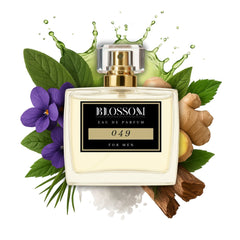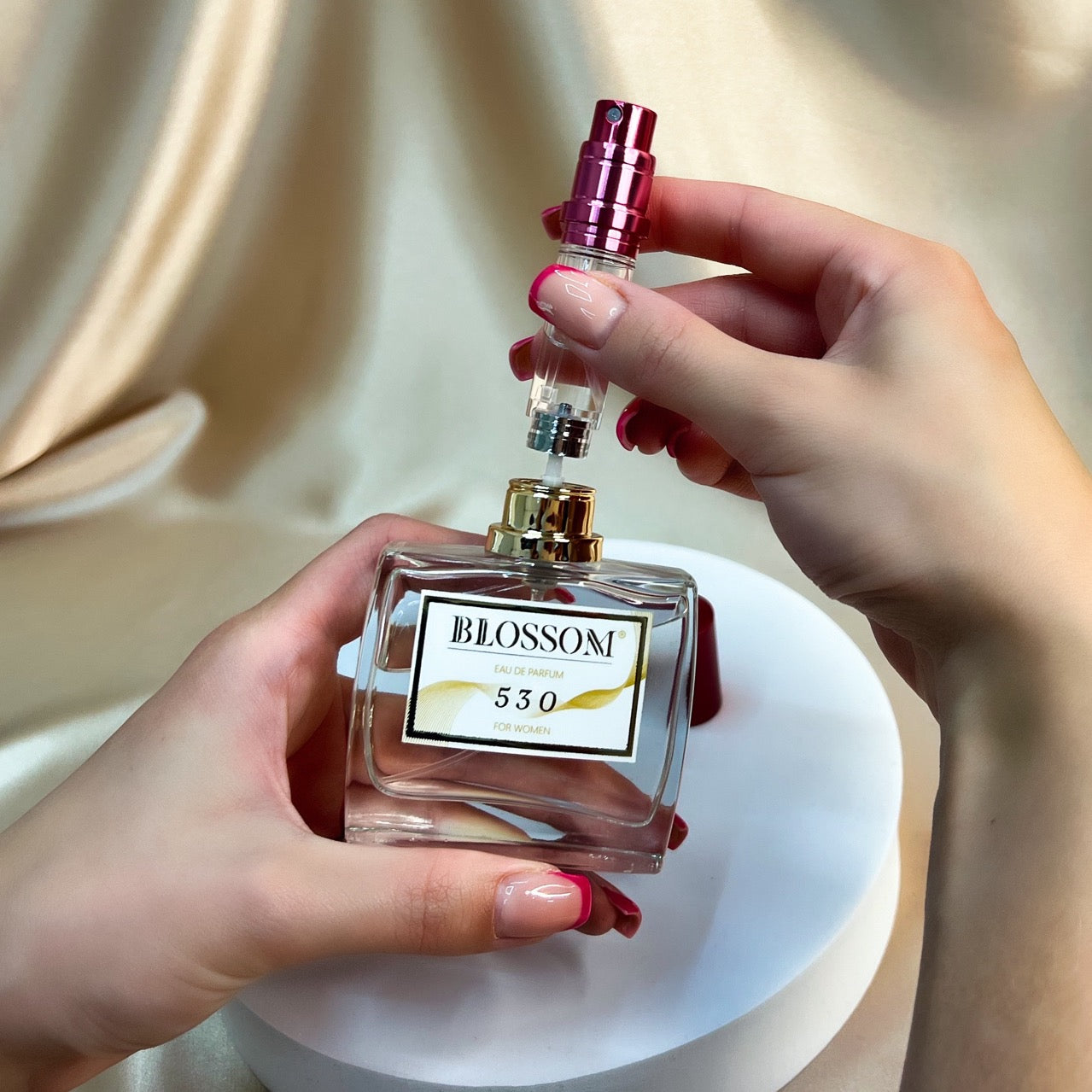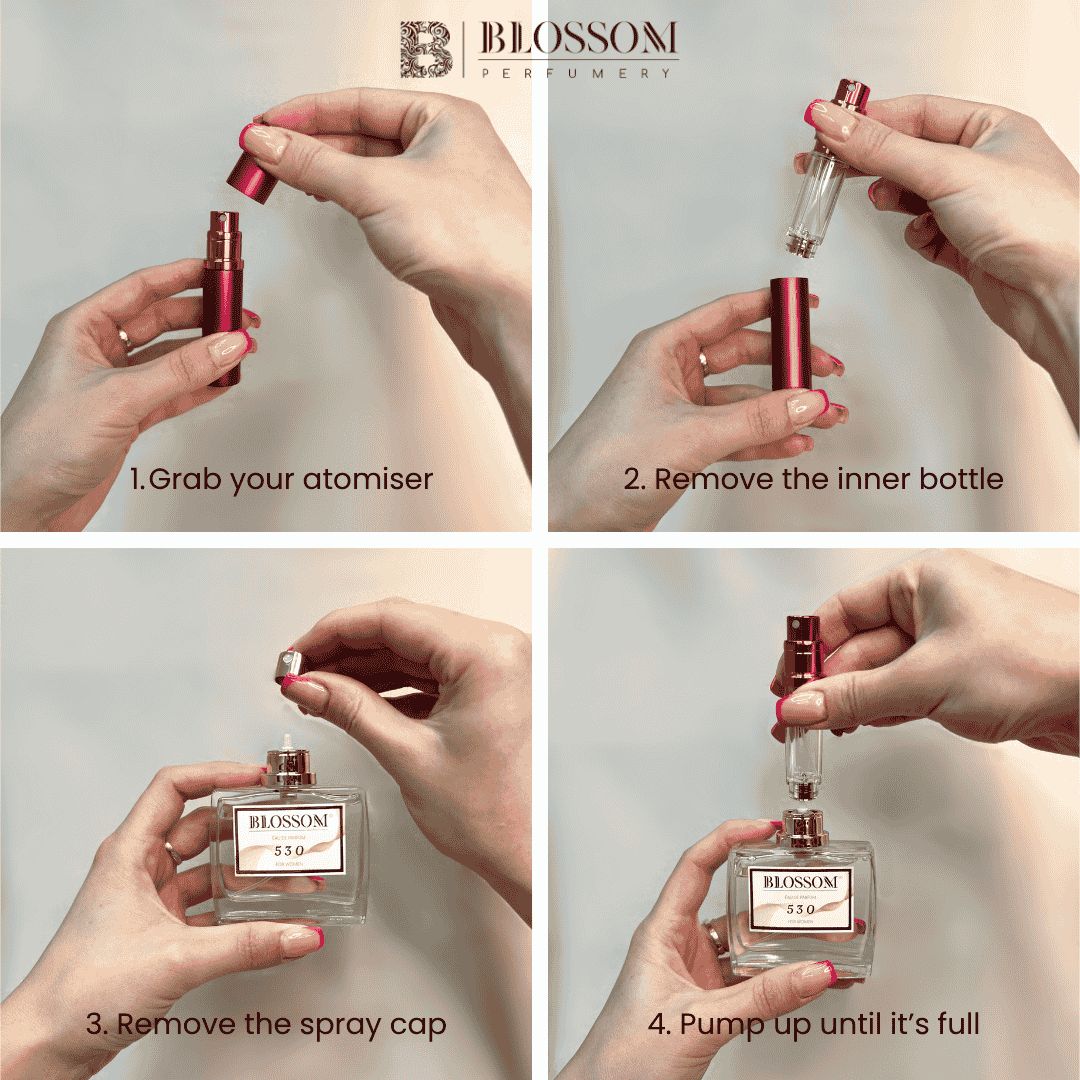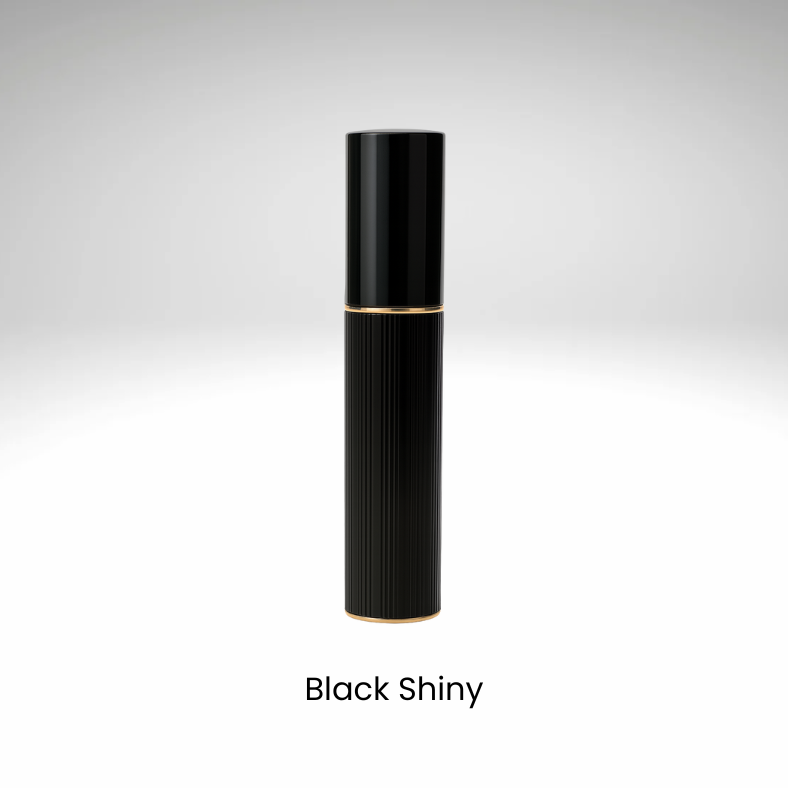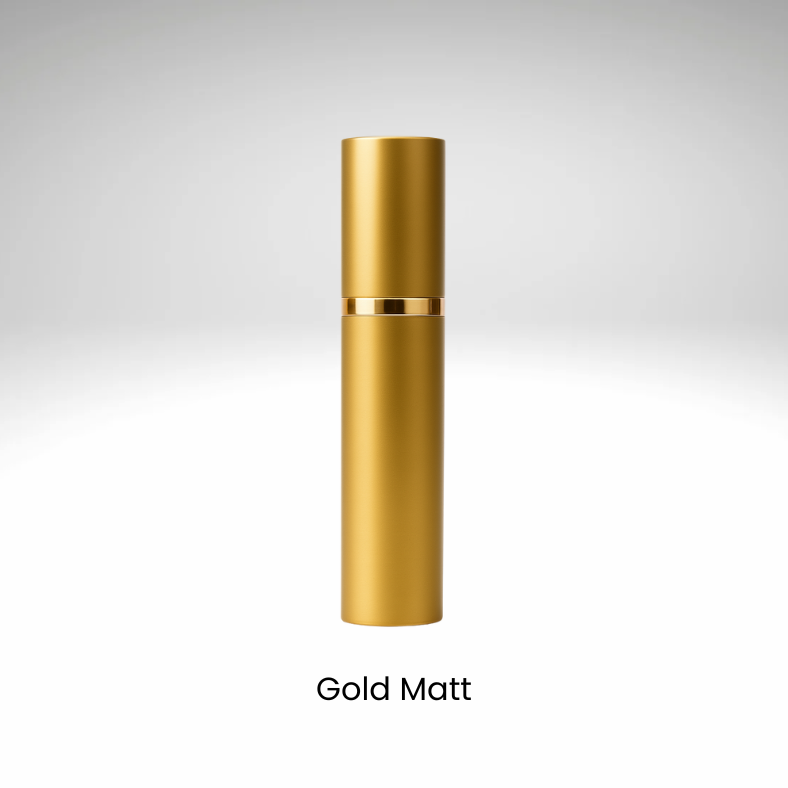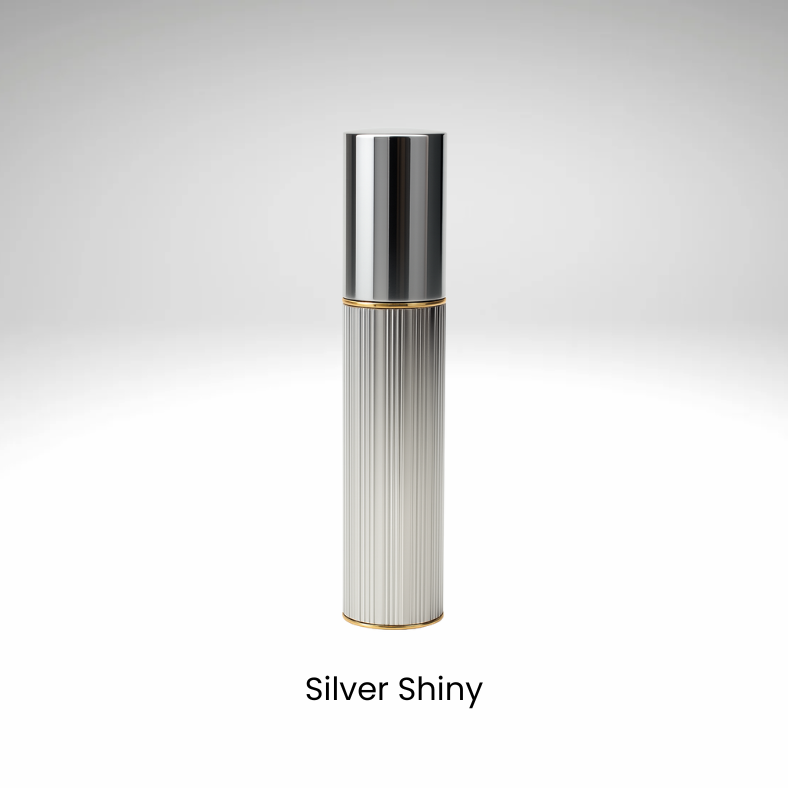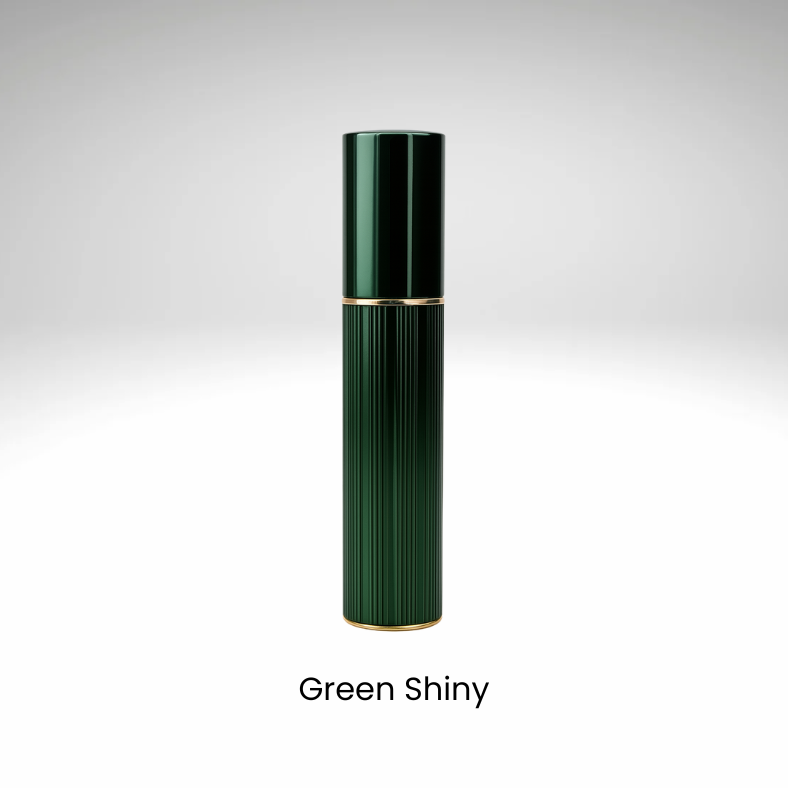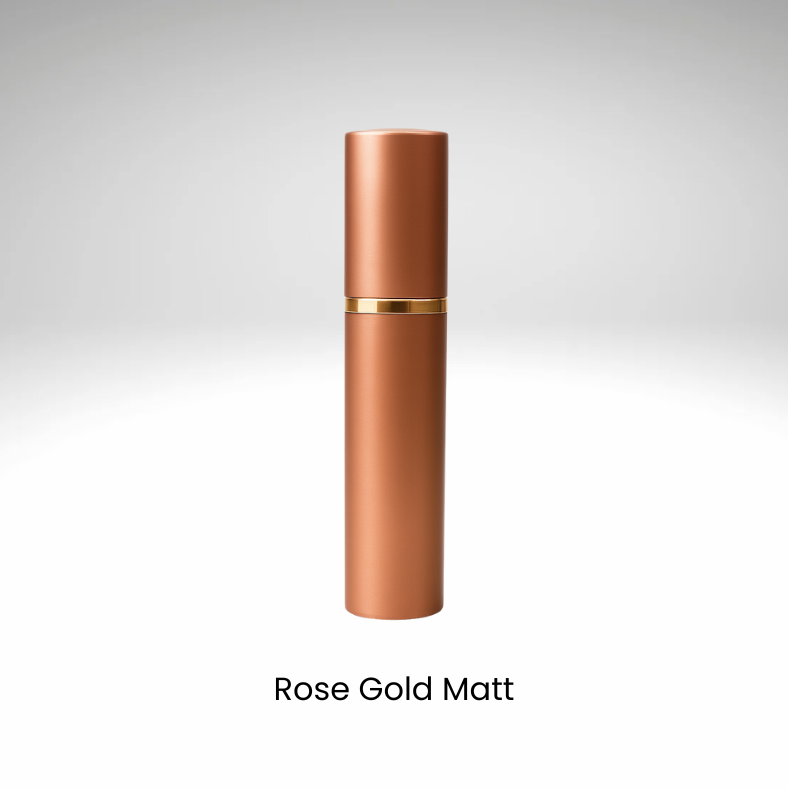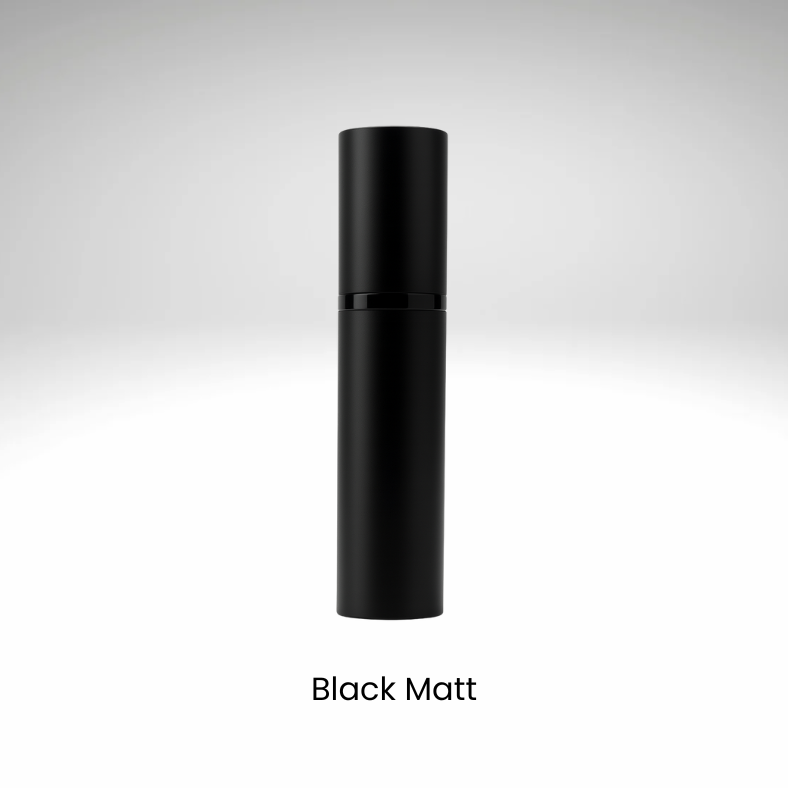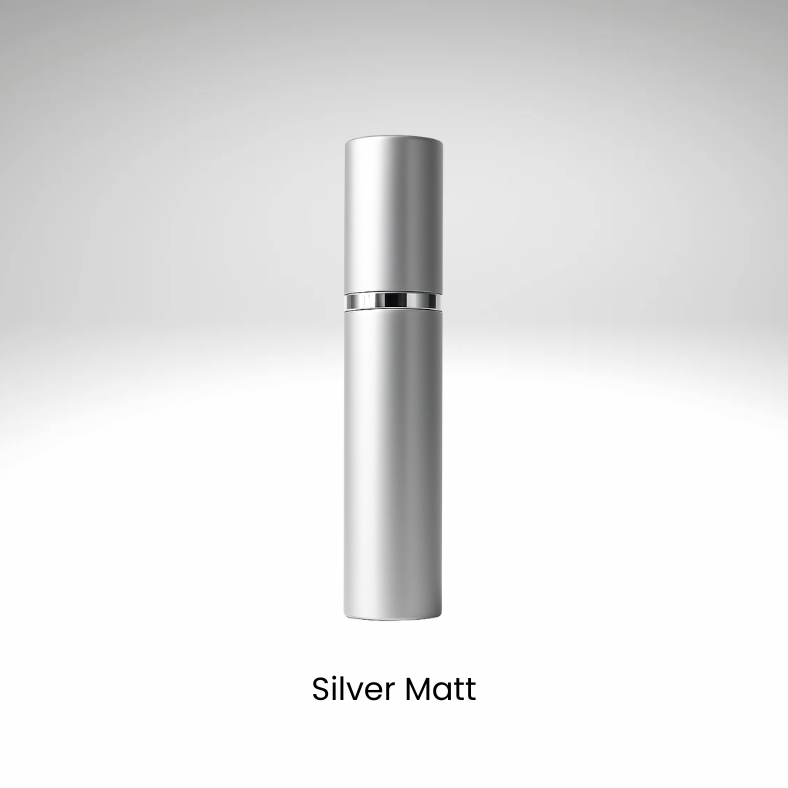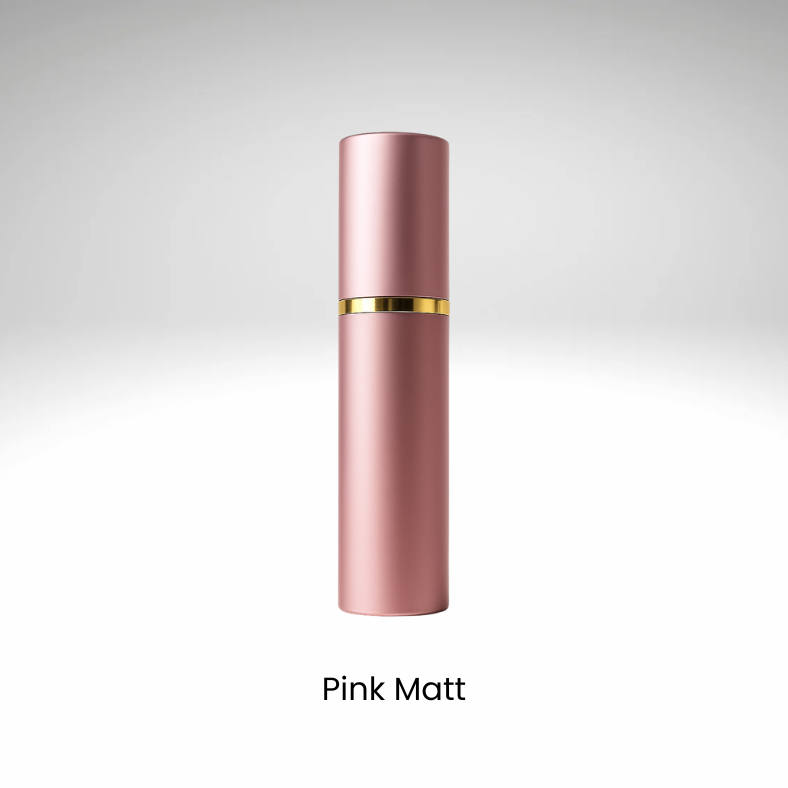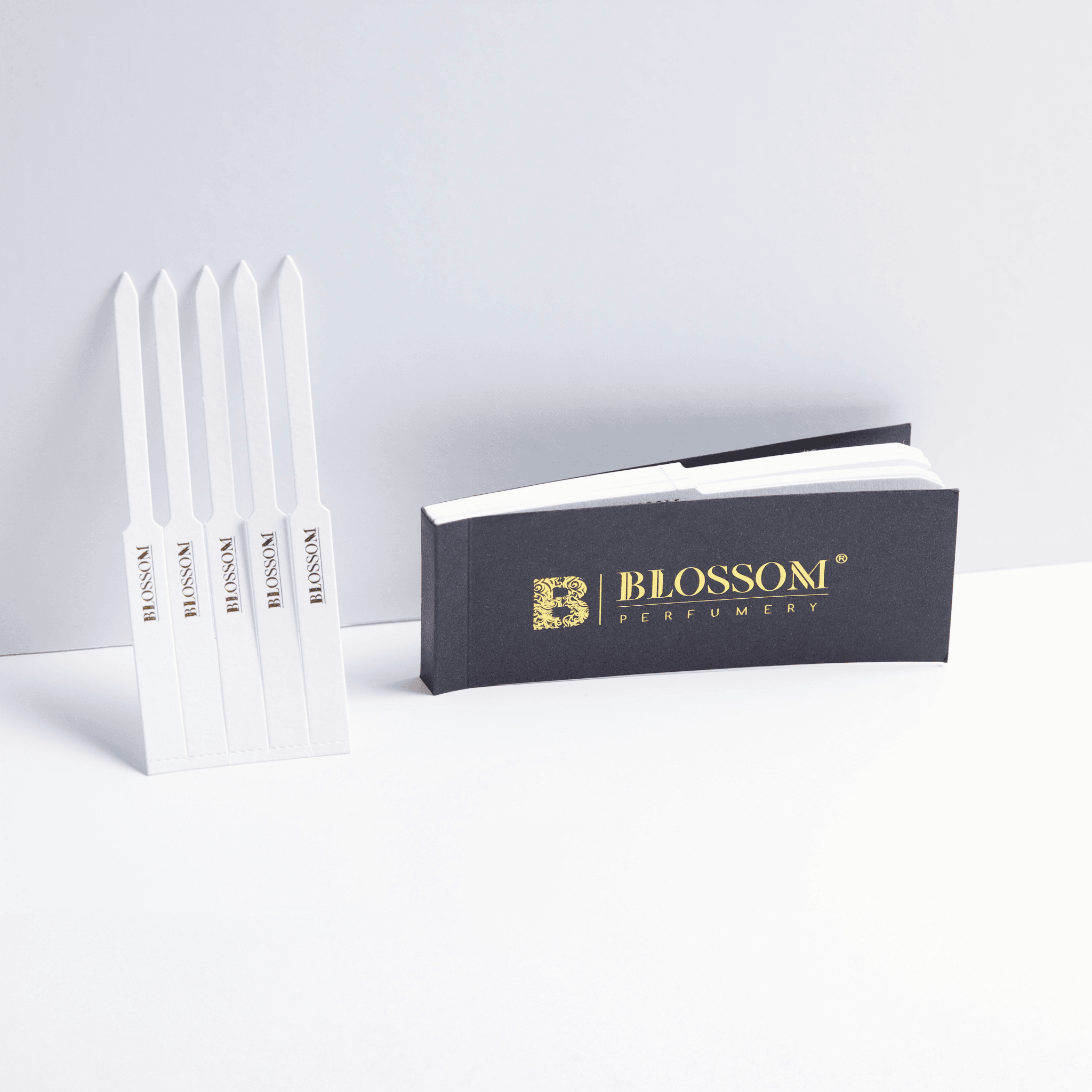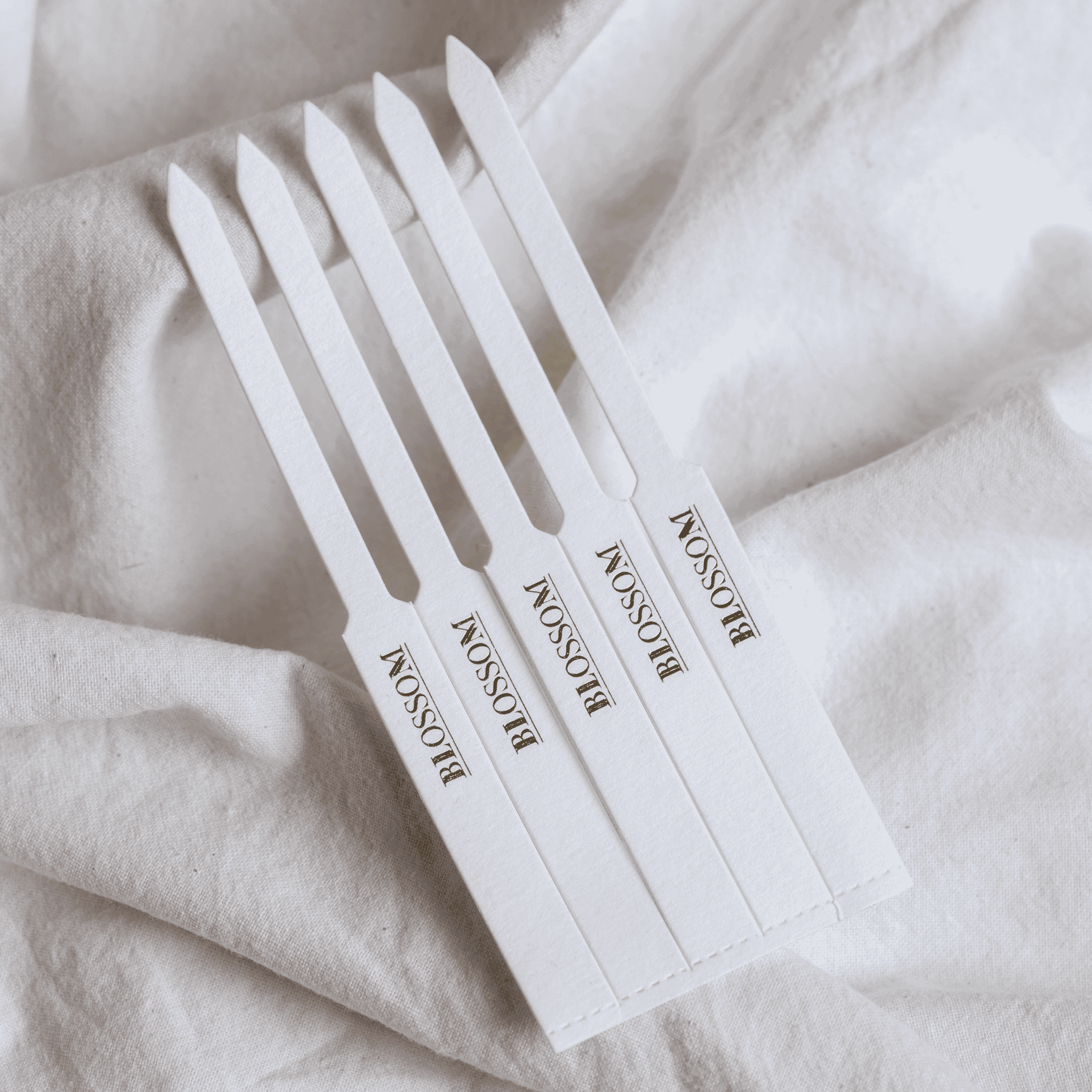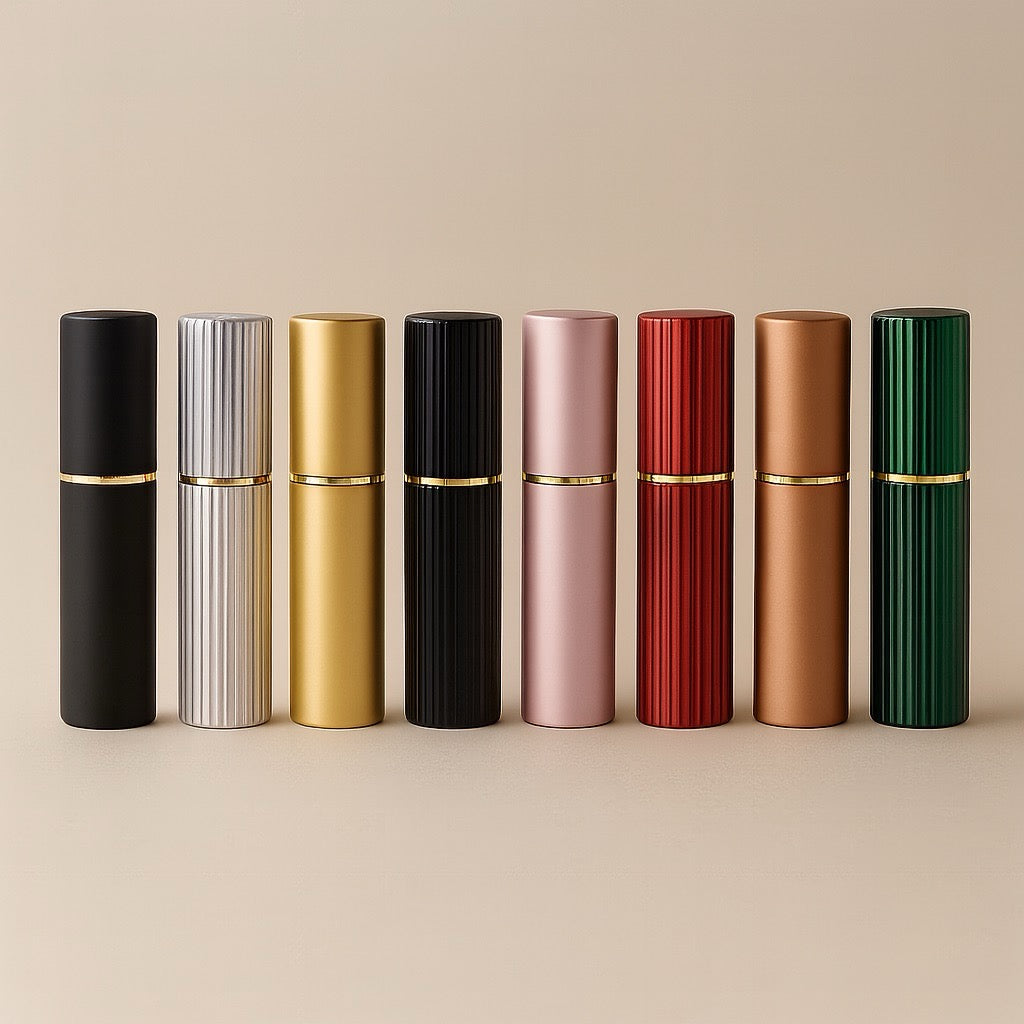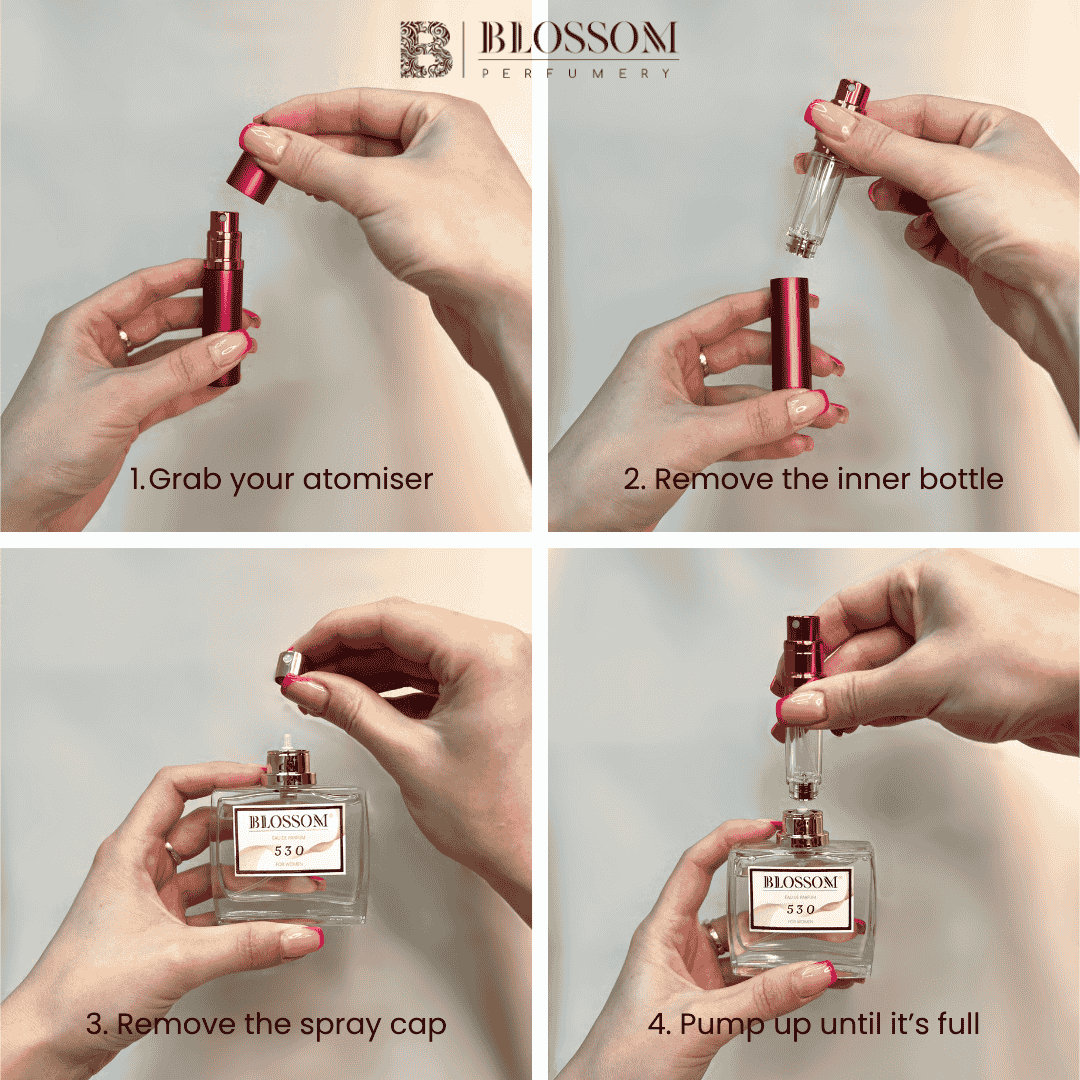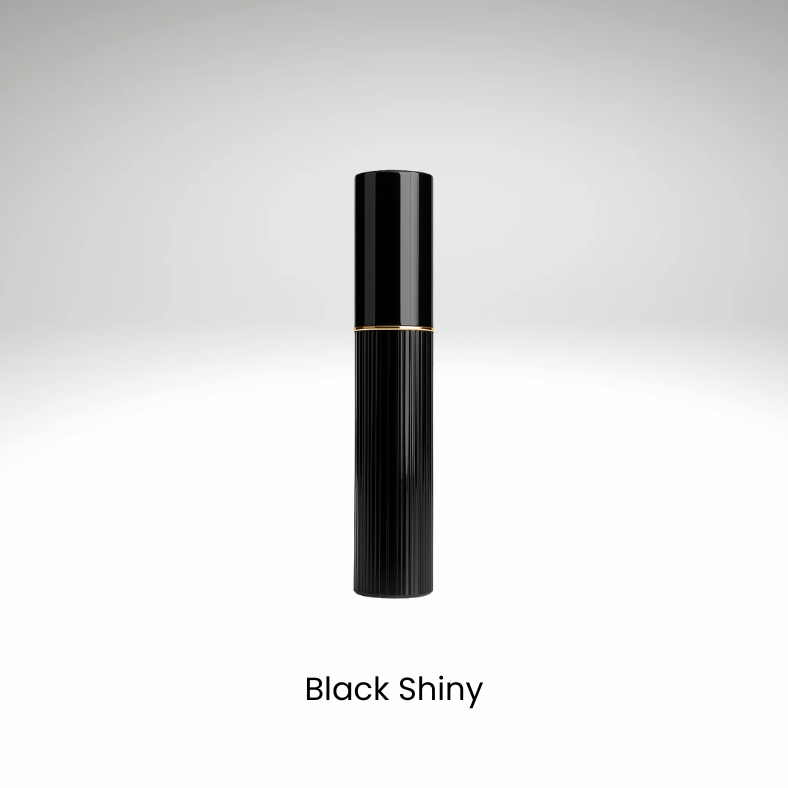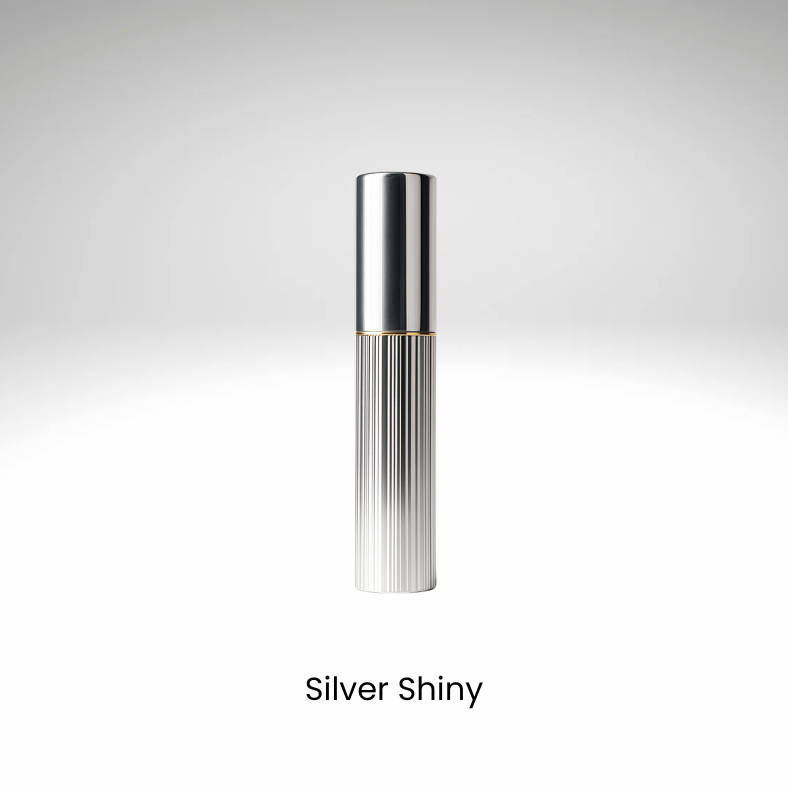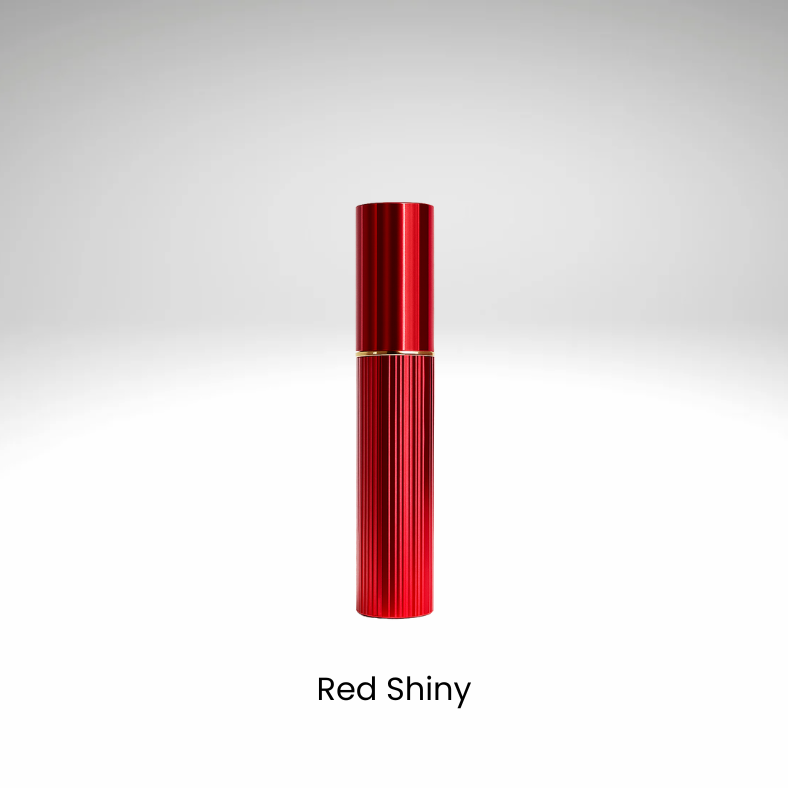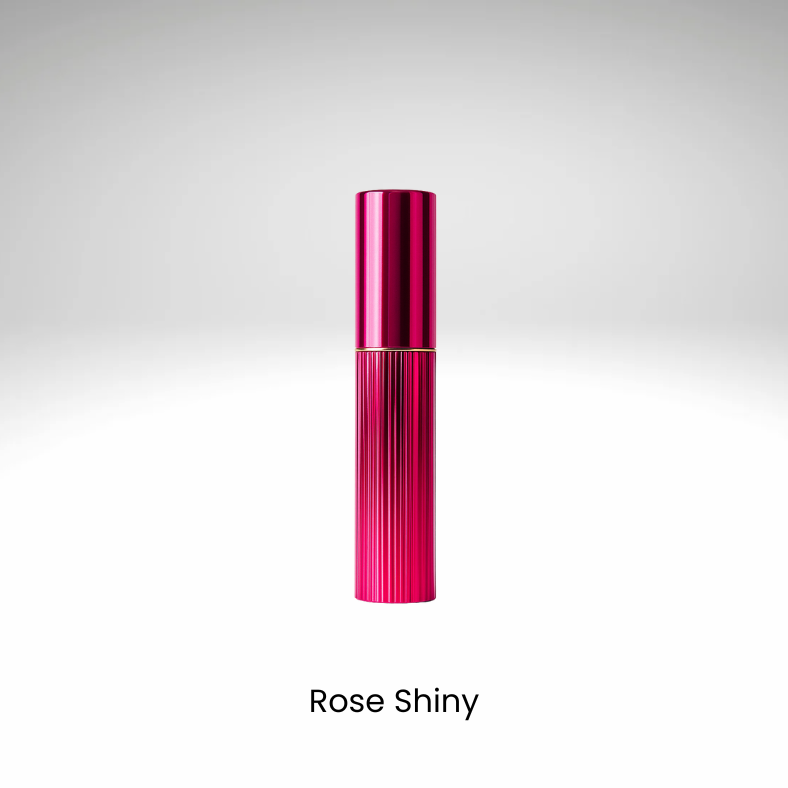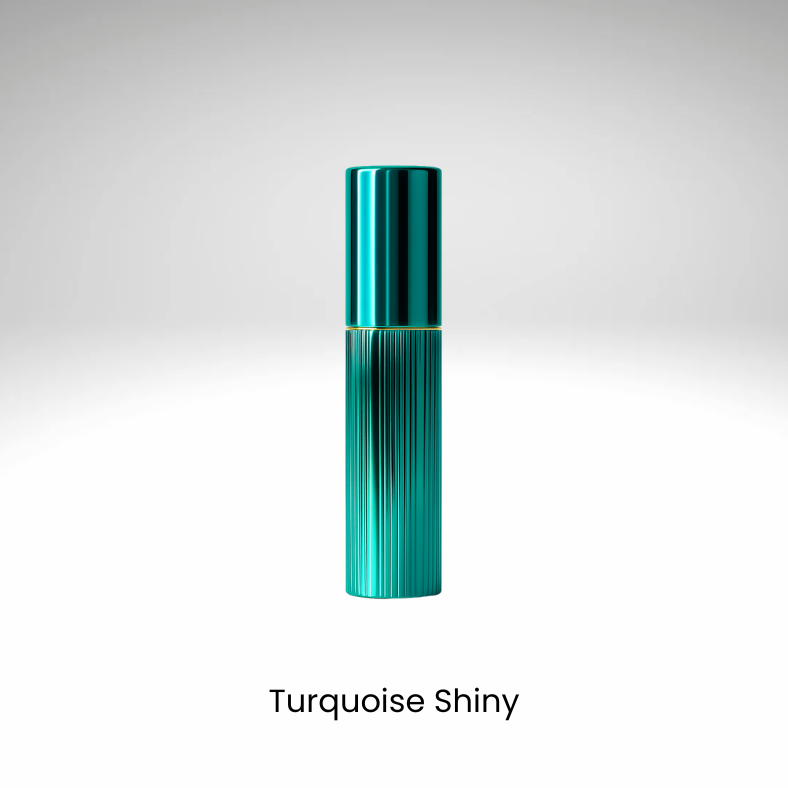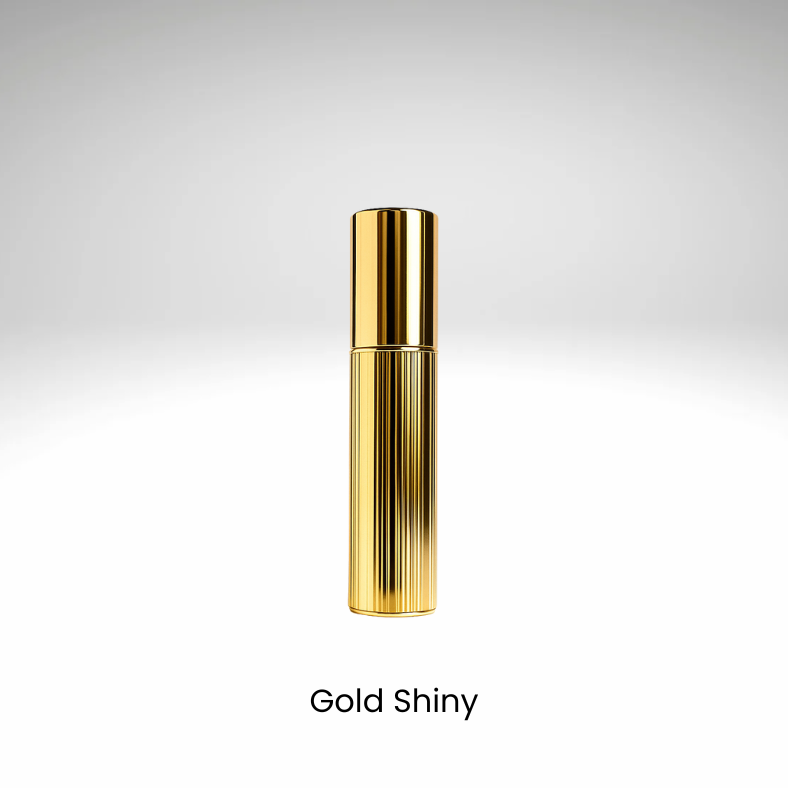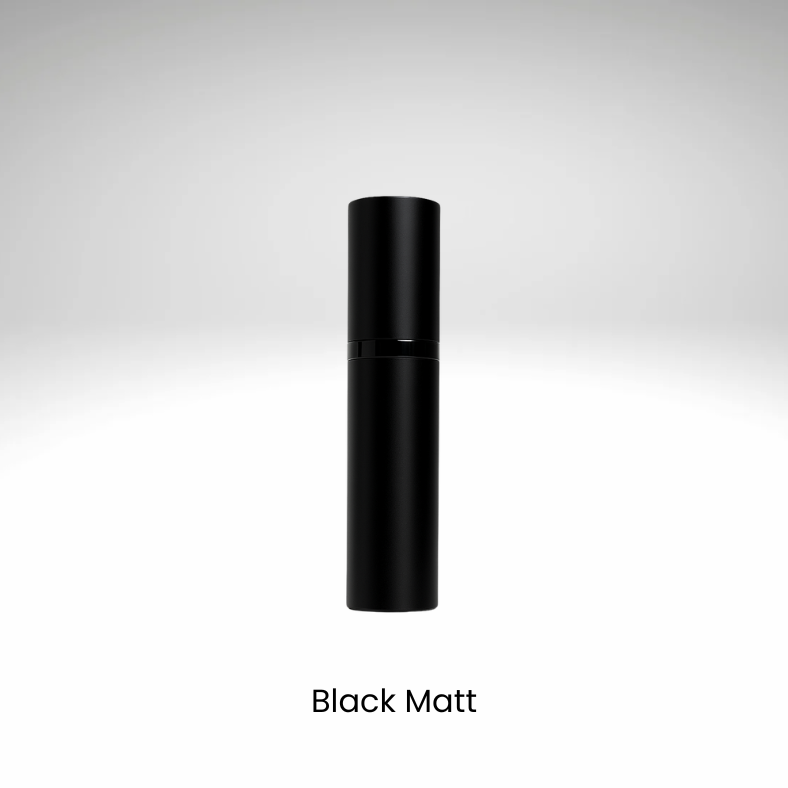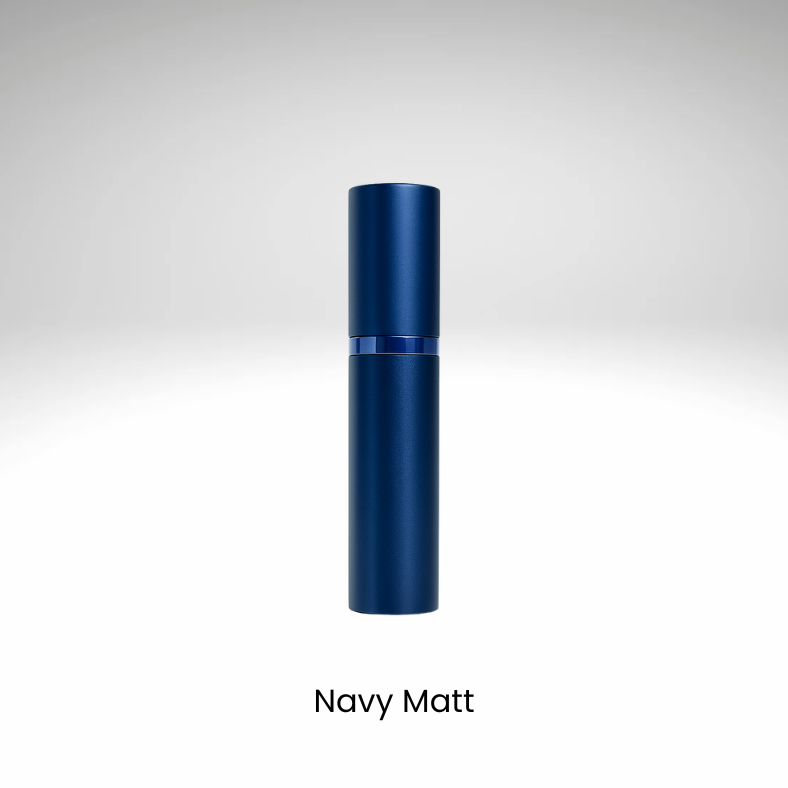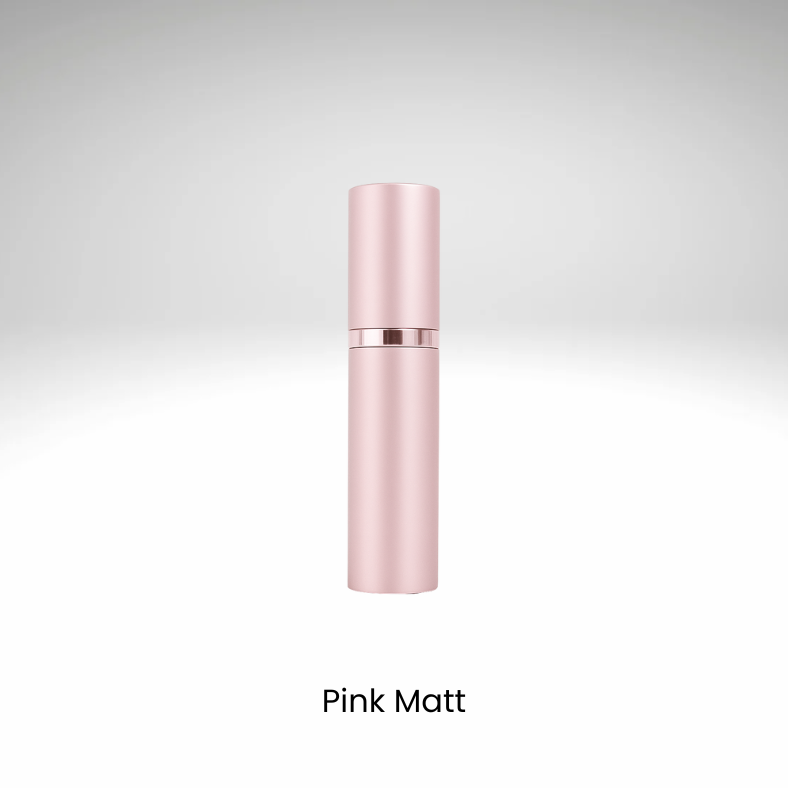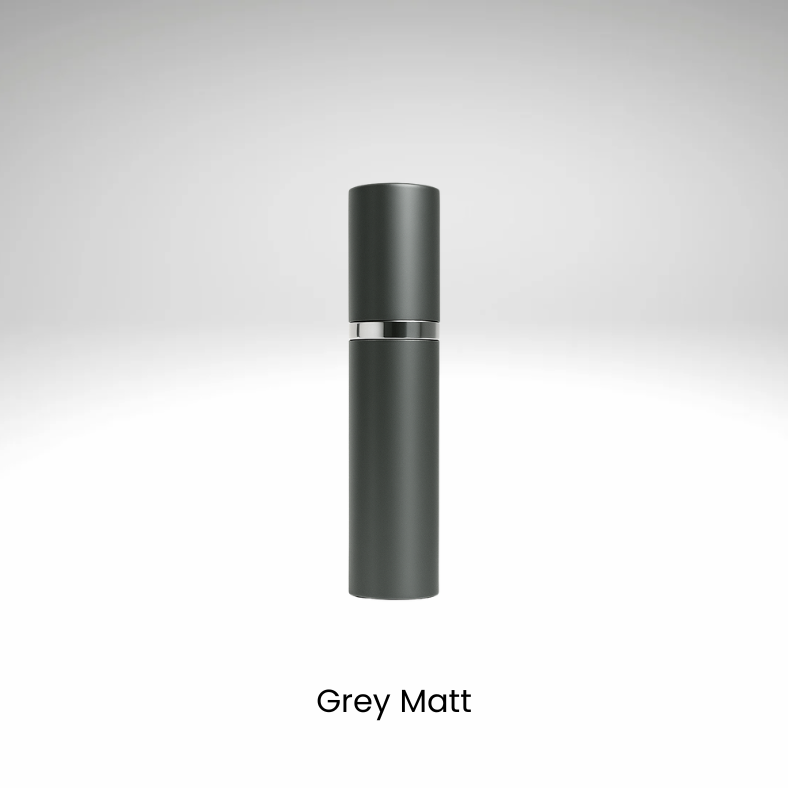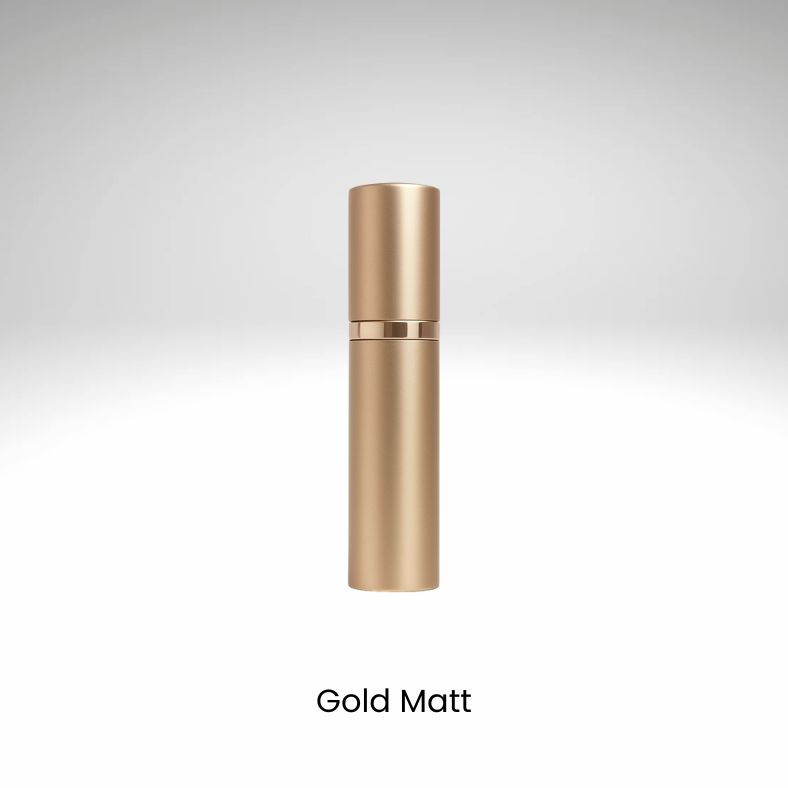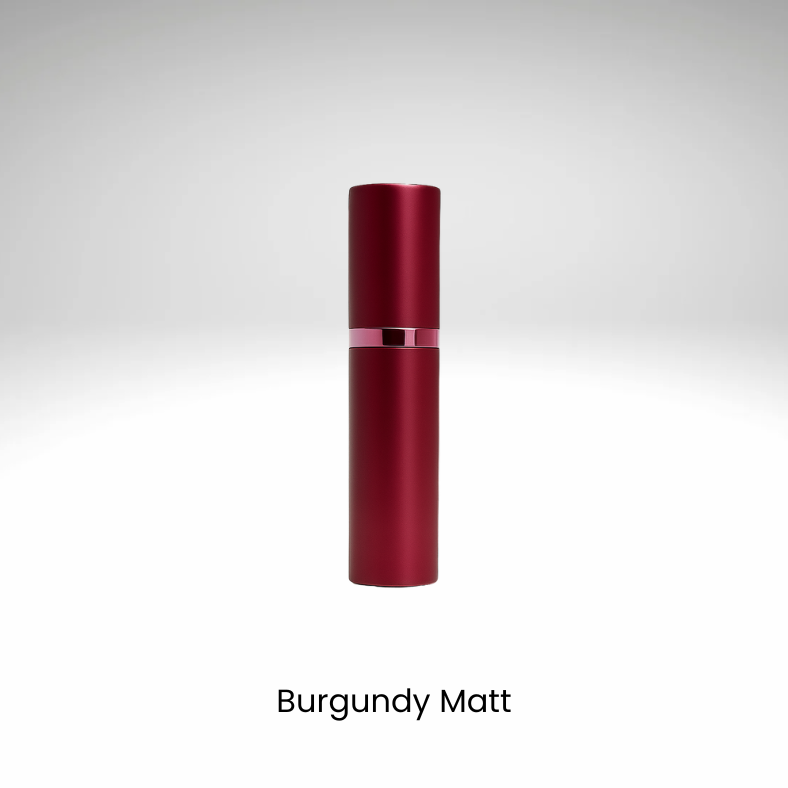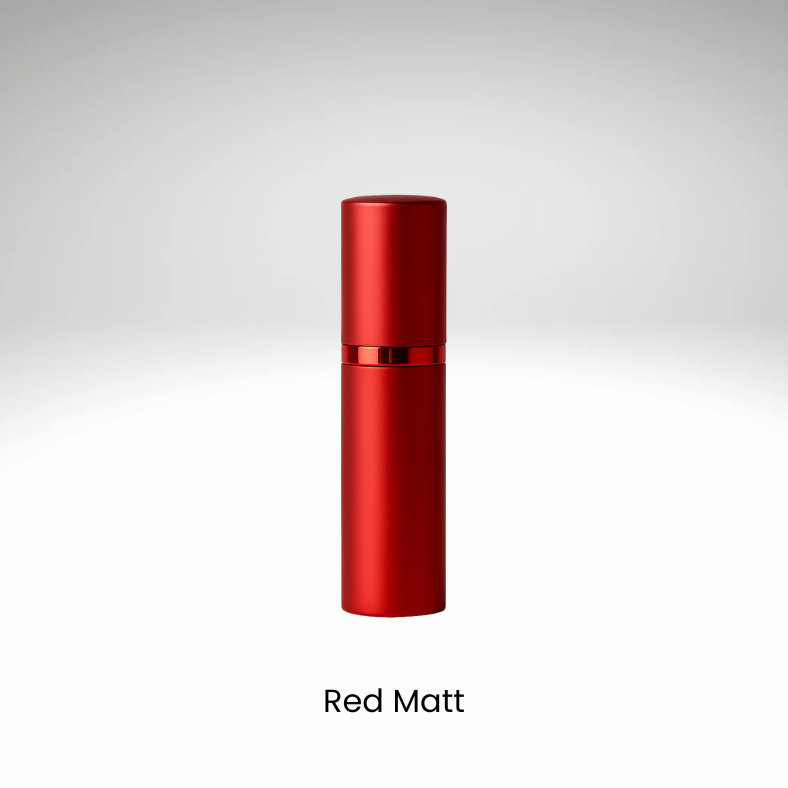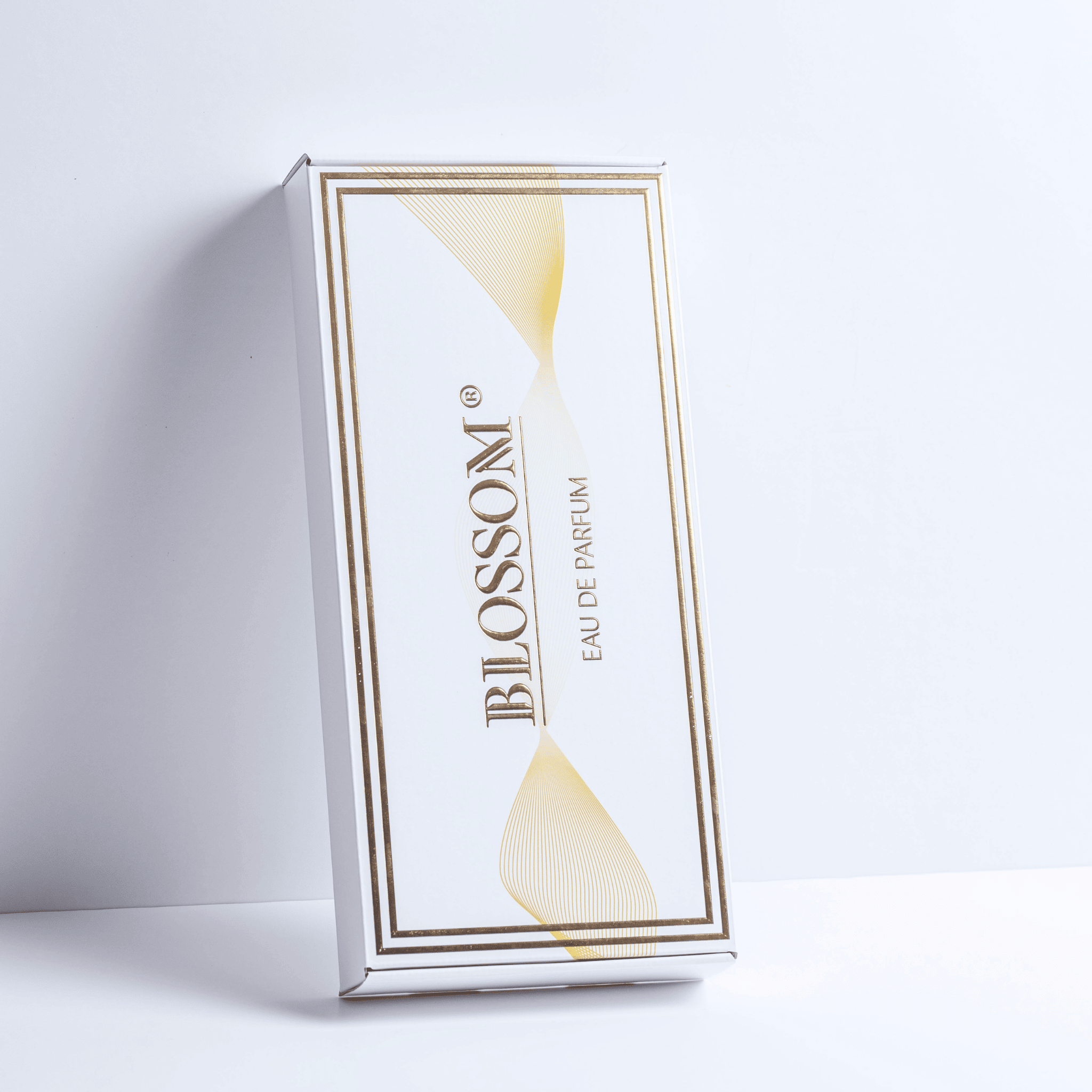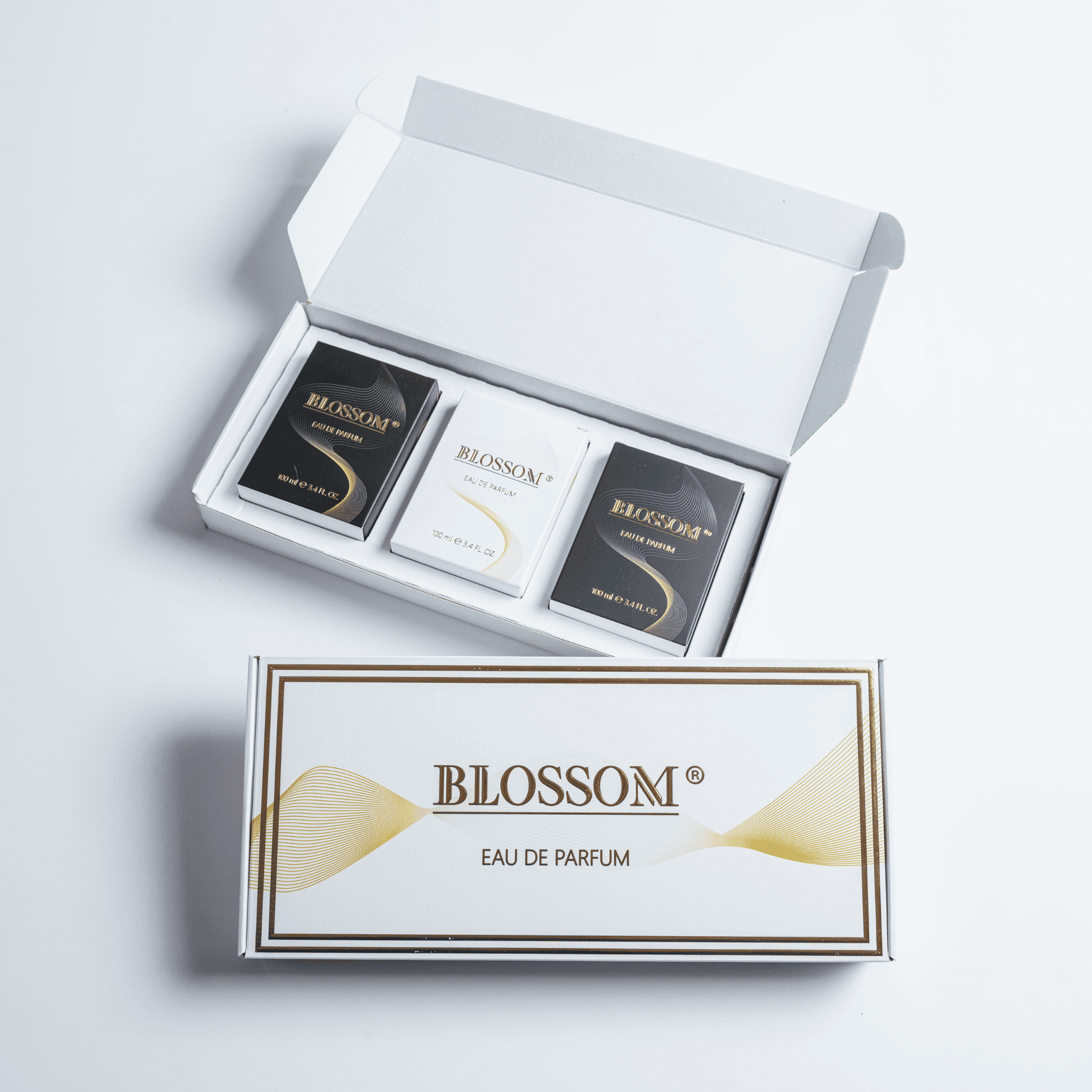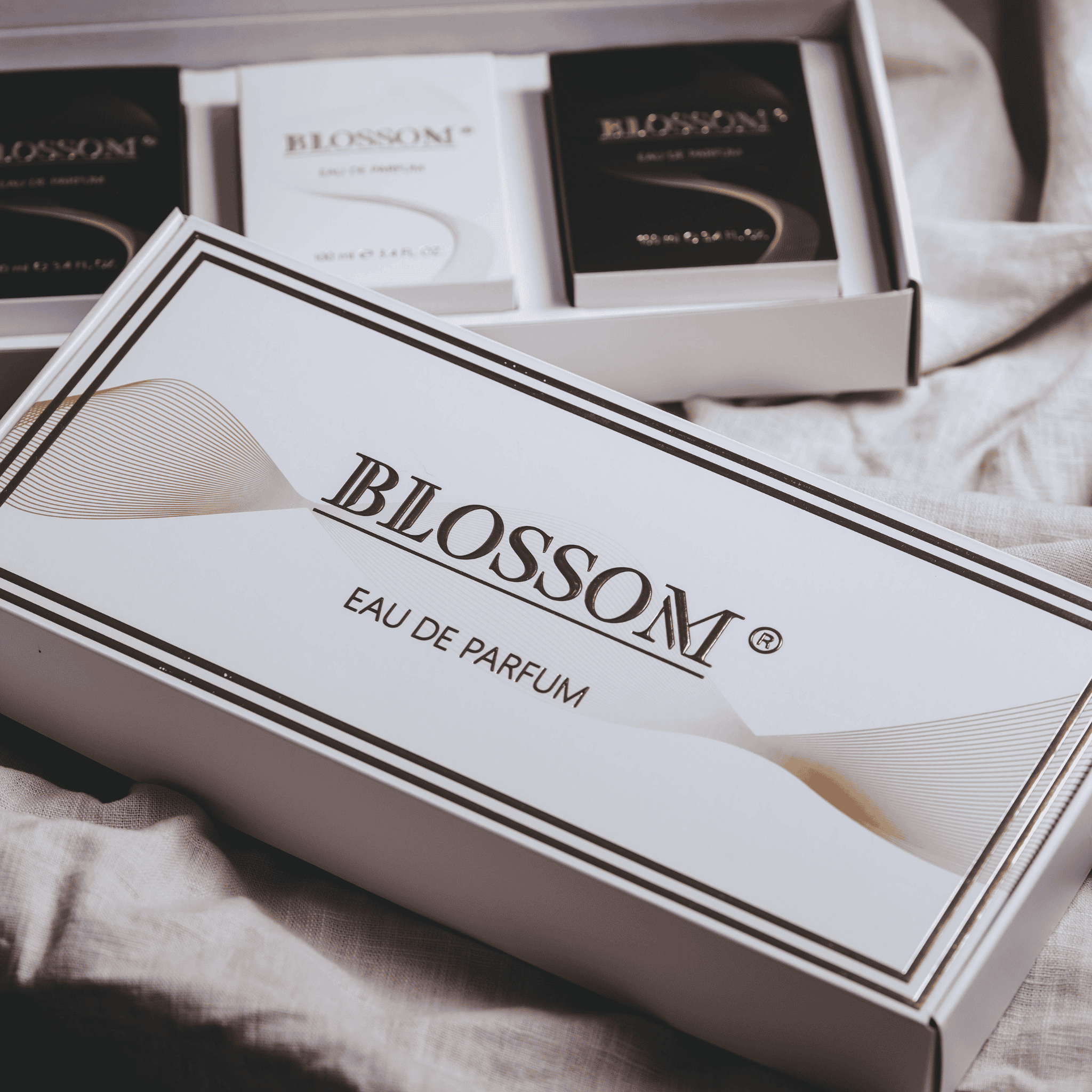Branded perfumes surround us with a beautiful scent. But when you dream of a unique fragrance that you won’t feel on anyone else apart from yourself, you can try to create your own perfume. Here are some tips on how to prepare a unique fragrance:
Why is it worth making your own perfume?
Creating our own perfume can be great fun and an opportunity to experiment with our favourite scents. We are then able to make perfume with unique fragrance notes. However, satisfaction and fun are not the only benefits. The perfume will be completely natural – we will not add synthetics to it, which, unfortunately, are in most perfumes available on drugstore shelves.
When creating your own perfume, you must remember about the fragrance notes. Individual fragrances are released at different rates. The compositions are divided into head, heart and base notes. Properly selected essential oils will allow you to create fragrance notes – the most persistent scents will make the base, more fleeting scents should be used as a heart and head notes. The individual essential oils must match each other – the whole thing should “harmonise” into a coherent composition.
As a base, you can choose oils from:
- patchouli
- cinnamon
- cedar or sandalwood
- vanilla
The heart note will be created from the oils that evaporate a little faster. Lemon, carnation or pelargonium will be perfect here. When we want a perfume with a relaxing effect, we can use essential oil with the addition of ylang-ylang. Among the most elusive fragrances, perfume makers often use jasmine, bergamot, lemon, lime (and other citrus fruits), orchid and rose. It is worth to take an example from professionals and choose such essential oils for the top note. Lavender will allow us to combine the whole composition. Vanilla will also work great as a connecting note.
How to compose a fragrance?
The base for the perfume should be a fixative. So, first of all, pour in jojoba oil. You can also add a little glycerin, which will extend the longevity of the fragrance. Then, add essential oils. The glass bottle should contain the oils that will constitute the base note, middle notes (heart) and high notes (head) – always follow this order. The perfume can be finished with connecting fragrance notes.
When you add the selected oils, fill the bottle with a bit of alcohol and mix the whole thing (by shaking a closed container). The composition should be stored aside in a dark, cool place where the fragrances will slowly combine. The bonding process will begin after approximately 18 hours. However, specialists advise waiting 6 weeks. Only when the composition obtains the desired scent, add about 2 drops of water to it and pour the perfume through the coffee filter.
Finding the right perfume a bit tricky? Discover your perfect match with us.
Perfumes based on alcohol or oil?
The recipe presented above allows you to create an oil-based perfume. Jojoba oil absorbs perfectly and maintains the fragrance well. It should be rubbed into the skin. If you want to prepare a home-made perfume for spraying, you can create an alcohol-based product. Here, use a mixture of spirit (ethanol) and distilled water in a proportion of 80%: 20%. Such perfumes will have a stronger smell. Unfortunately, the alcohol evaporates quickly – along with it, the aromatic notes that we use in the composition of the perfume will evaporate as well.
SAMPLE RECIPES:
Refreshing floral and fruity perfumes
Components:
- 12 drops of geranium oil
- 8 drops of jasmine oil
- 8 drops of ylang-ylang essential oil
- 4 drops of patchouli essential oil
- 2 drops of orange blossom oil
- 2 tablespoons of jojoba oil
An intriguing oriental perfume
Components:
- 15 drops of bergamot essential oil
- 3 drops of sandalwood essential oil
- 2 drops of rose oil
- 2 drops of vanilla oil
- 0.5l of Alcohol (70%)

